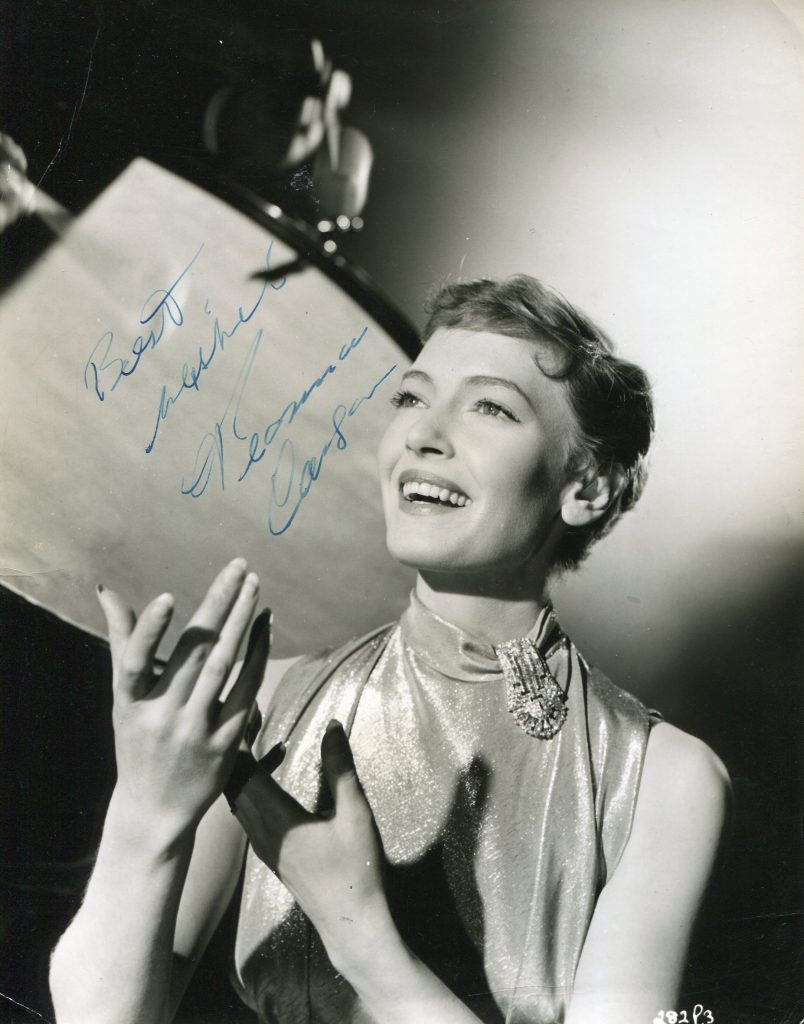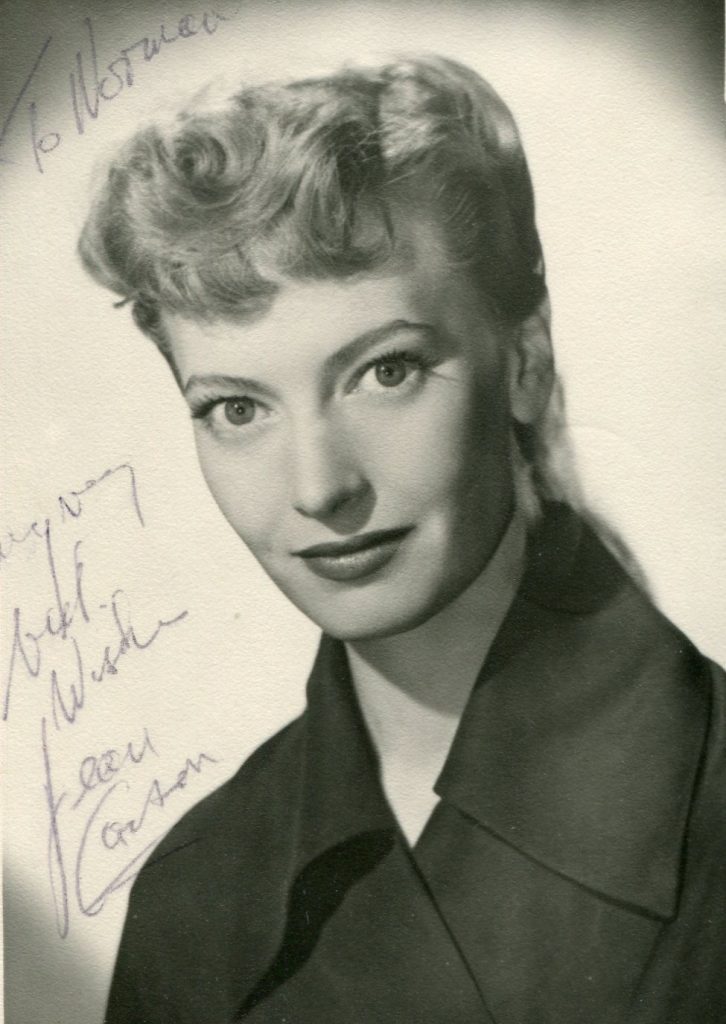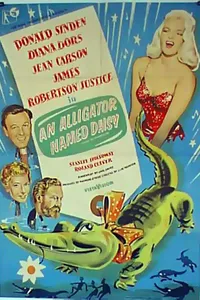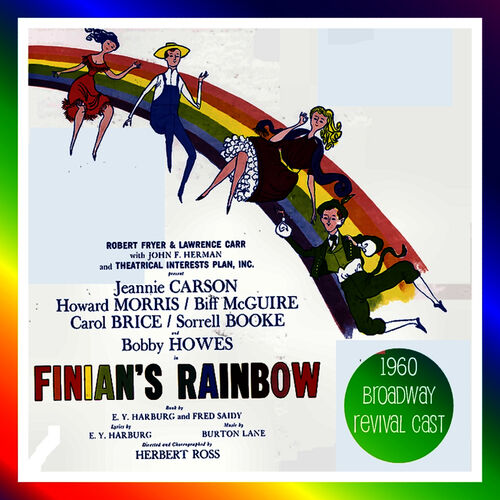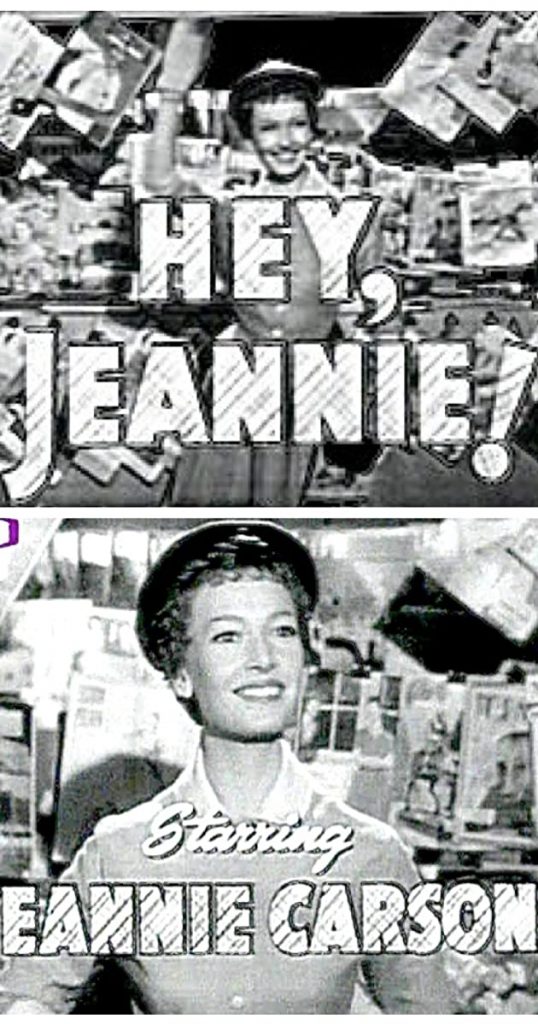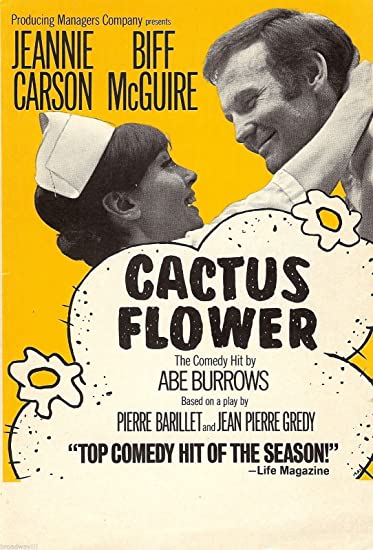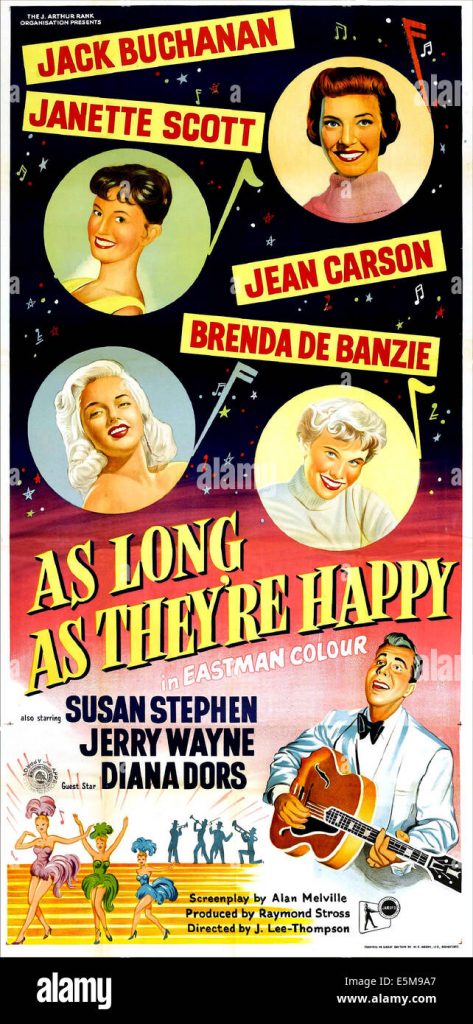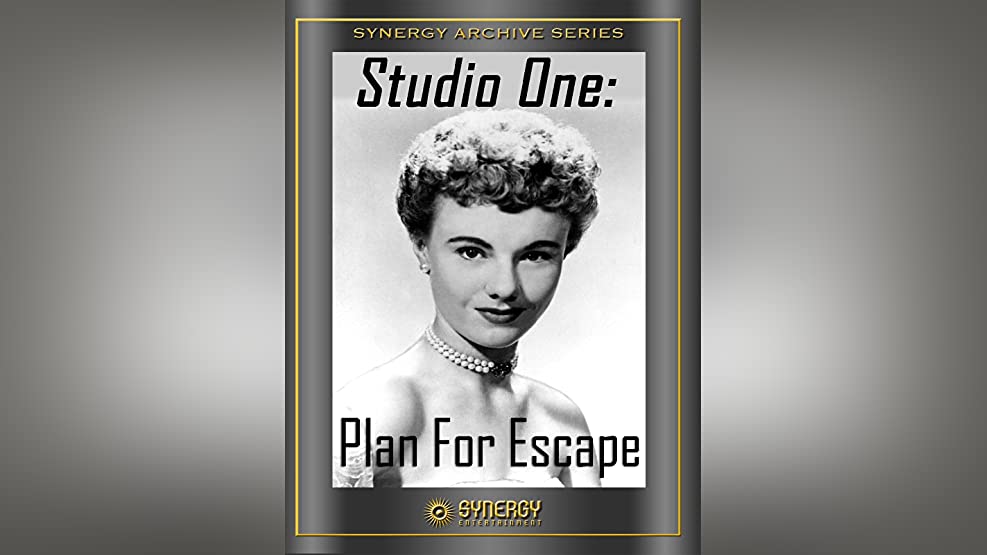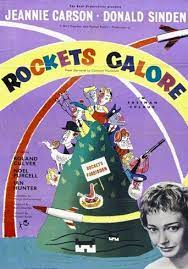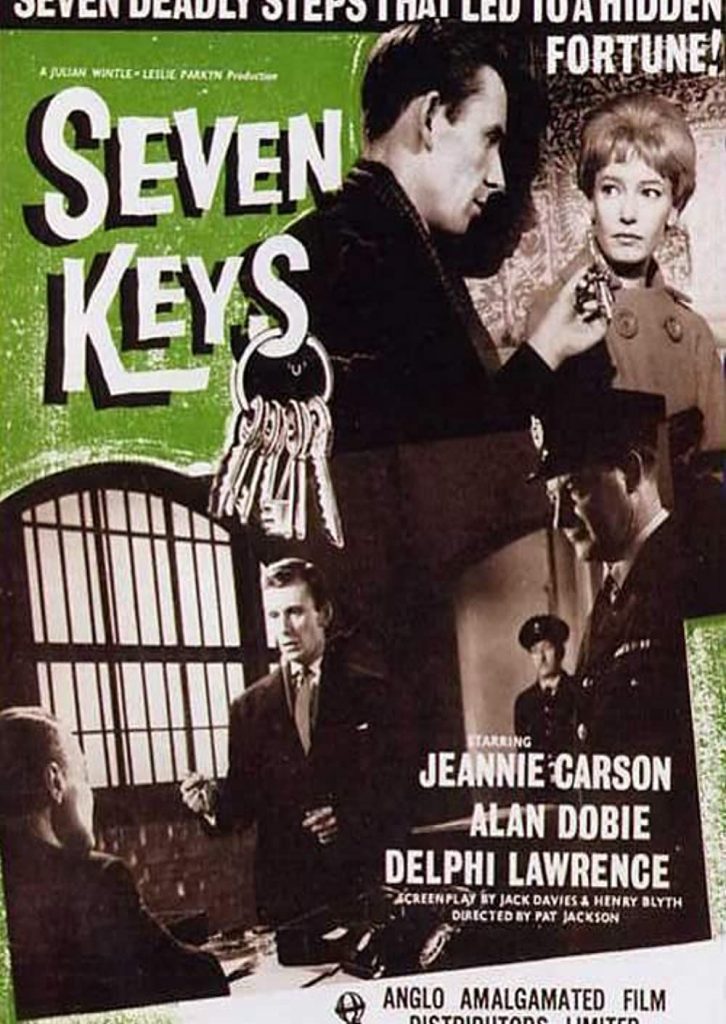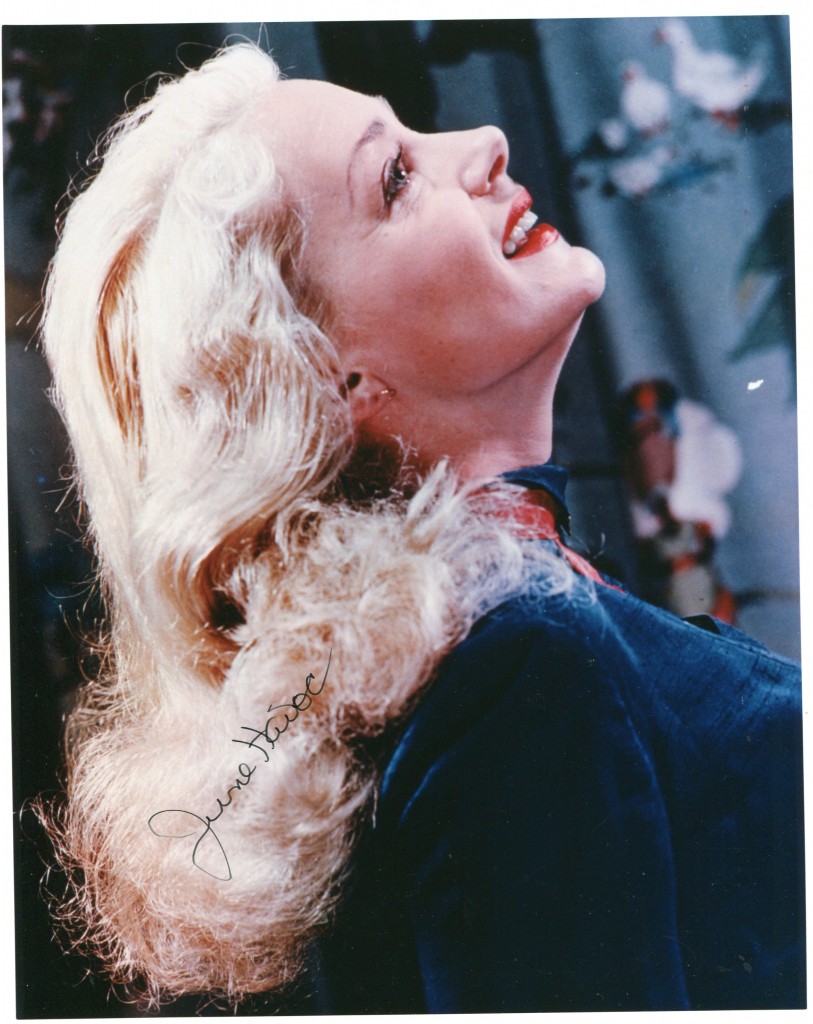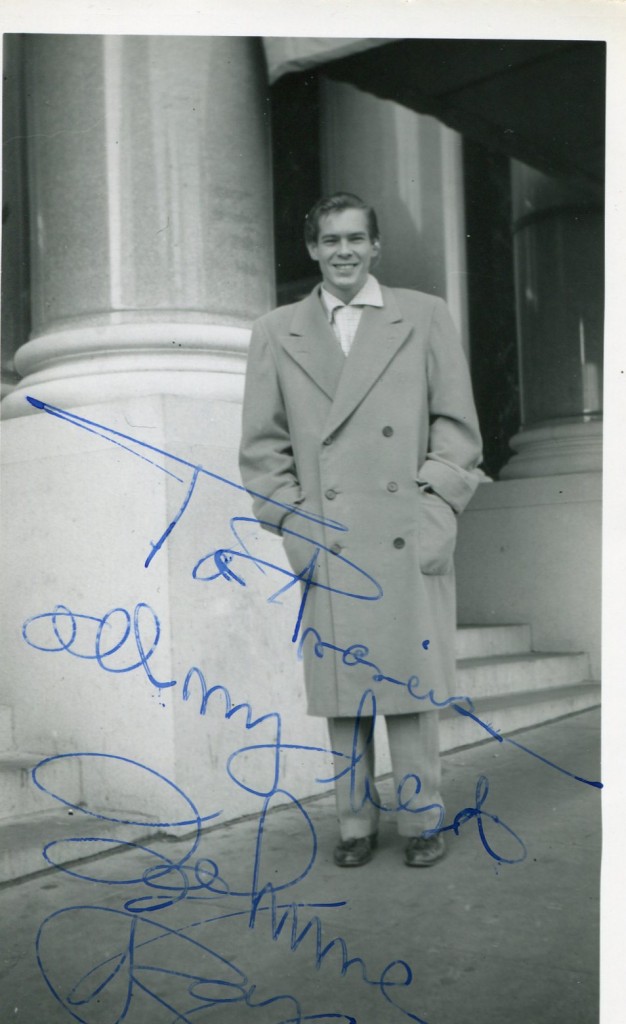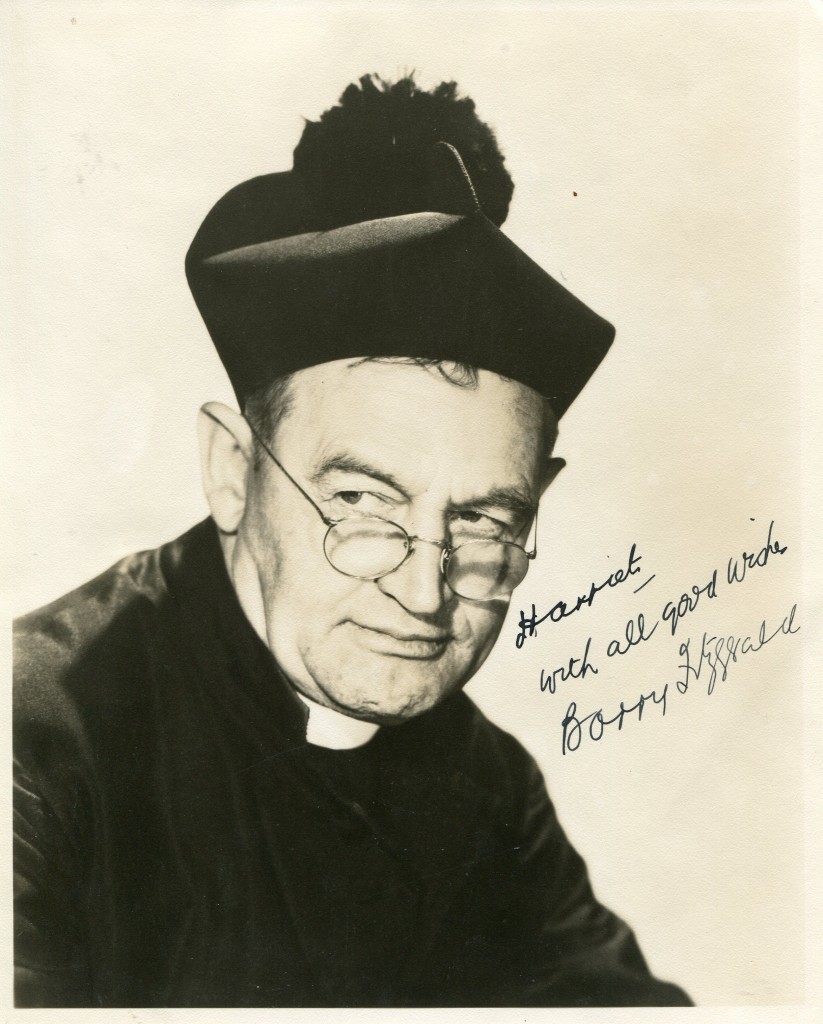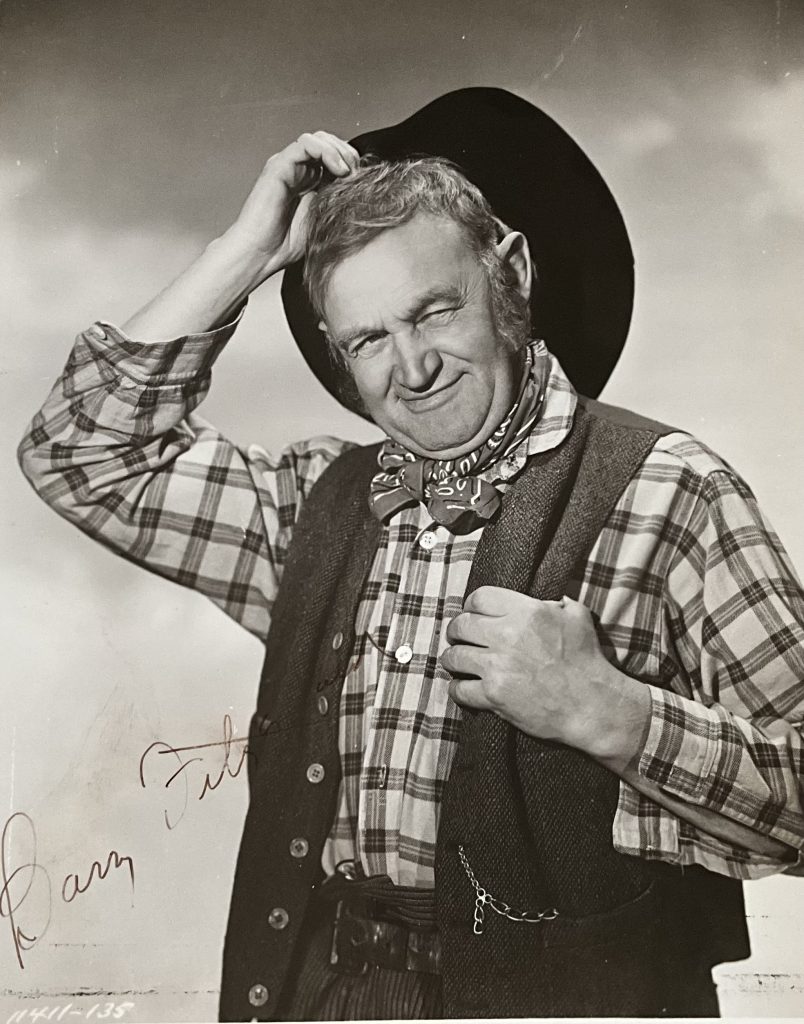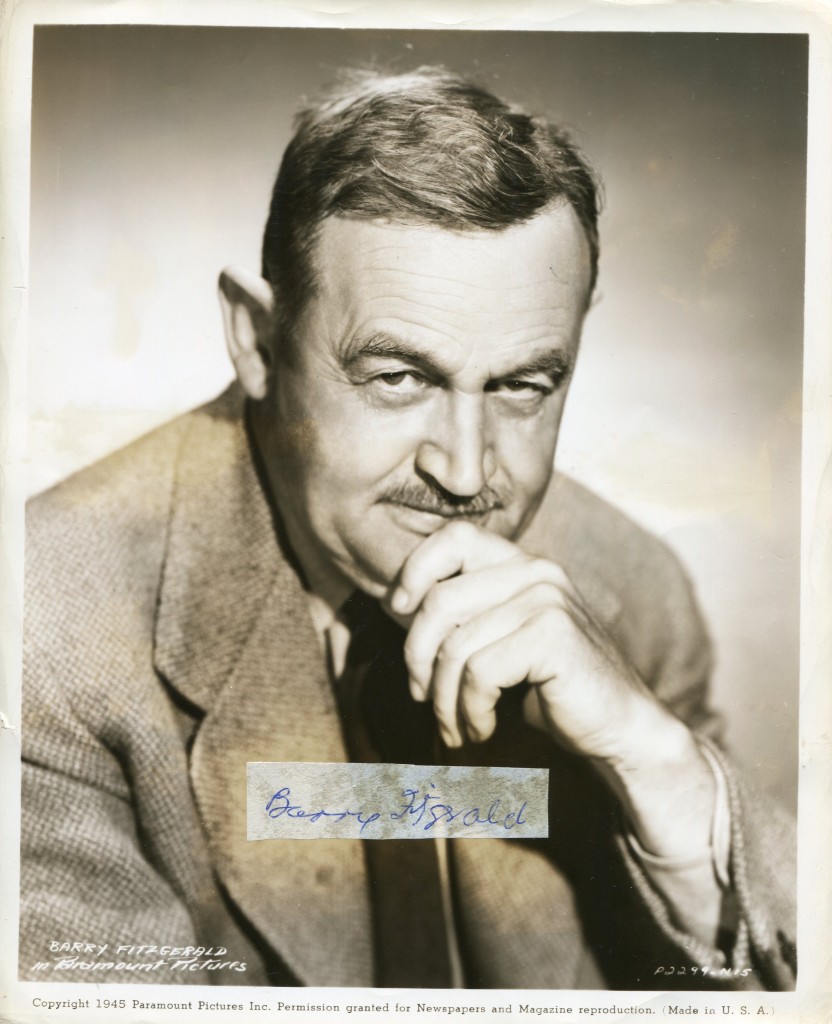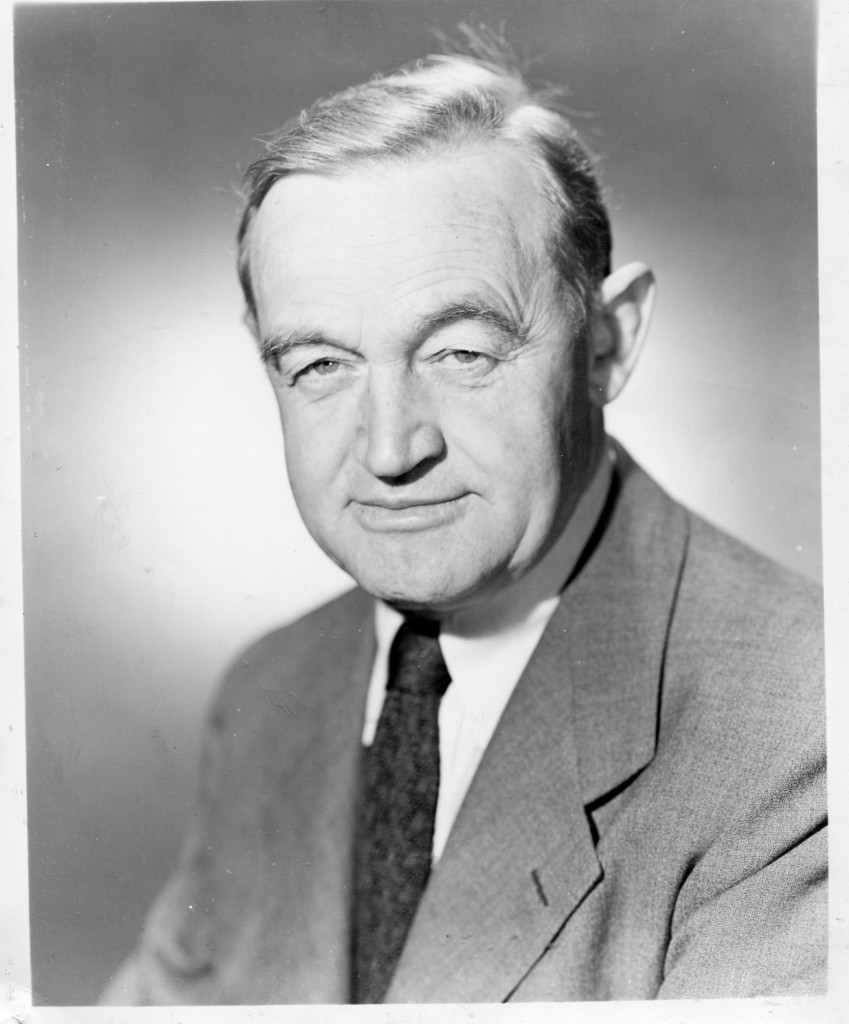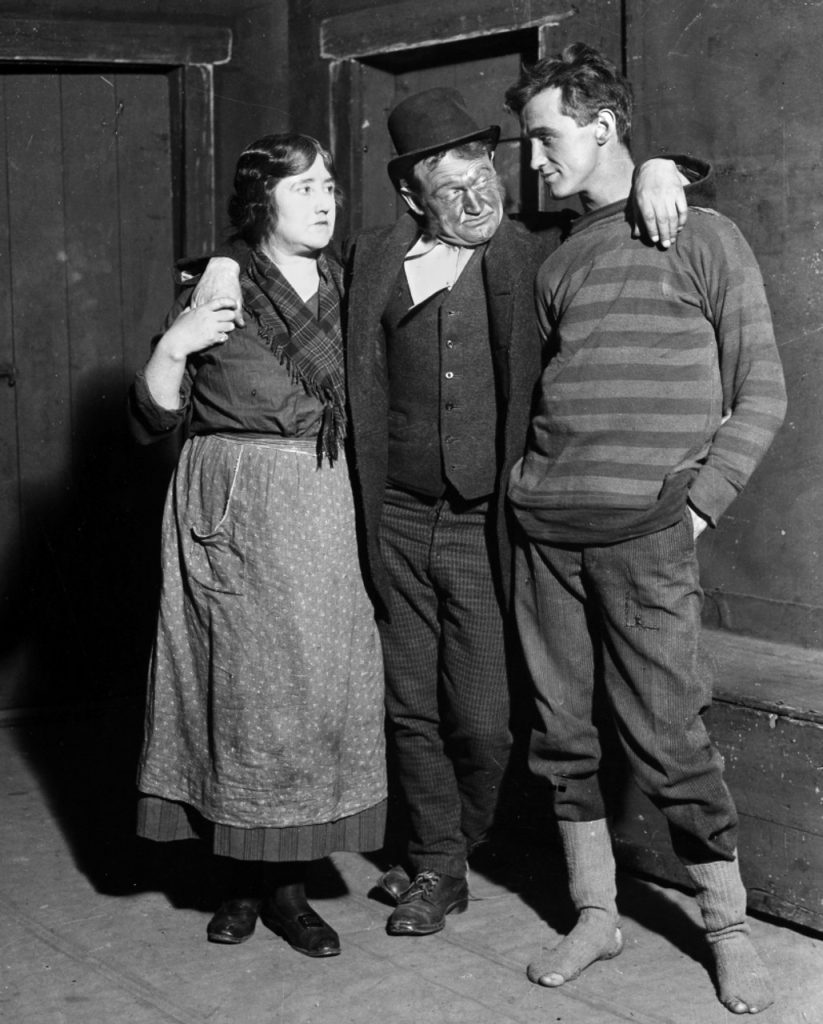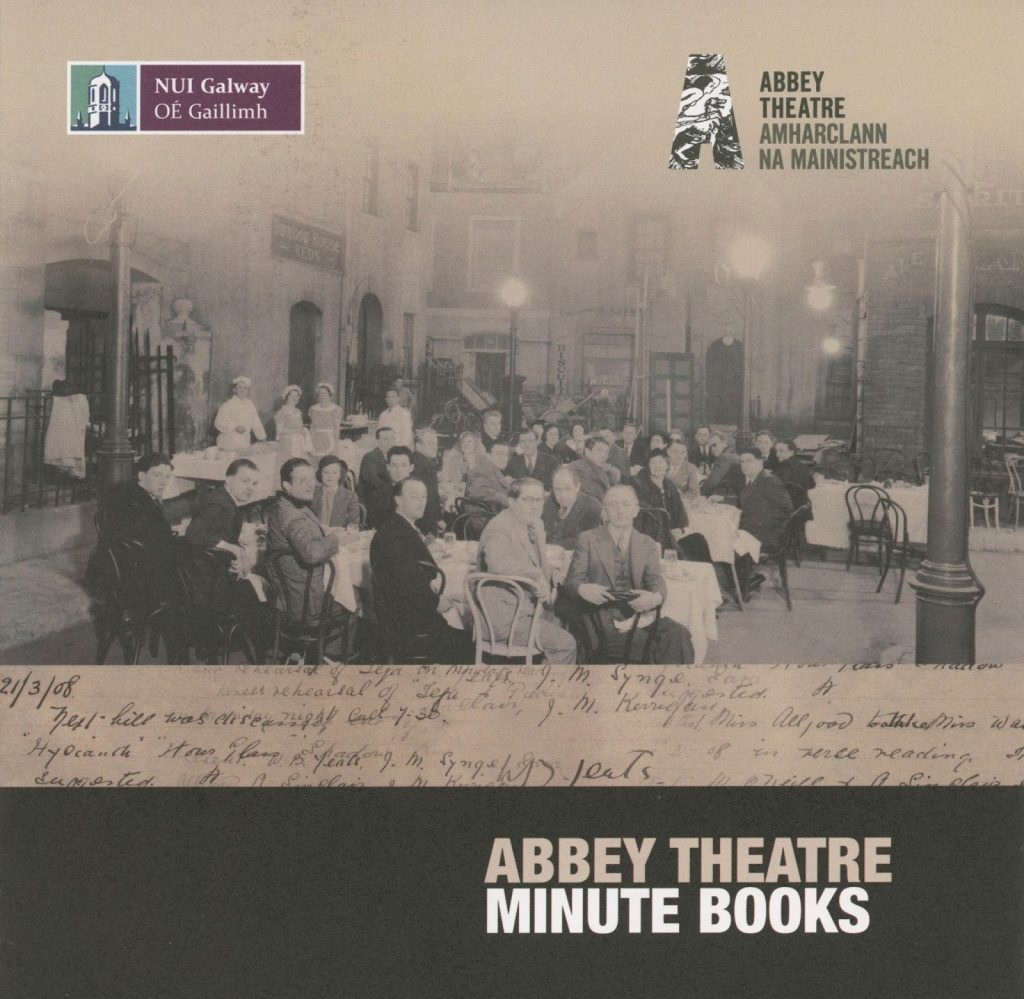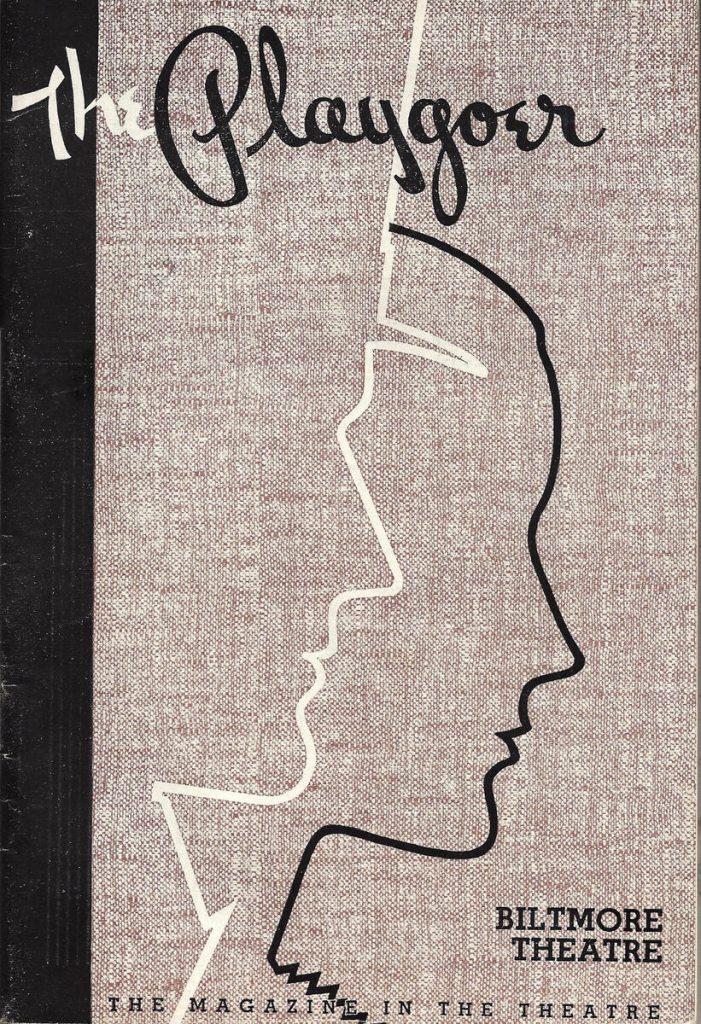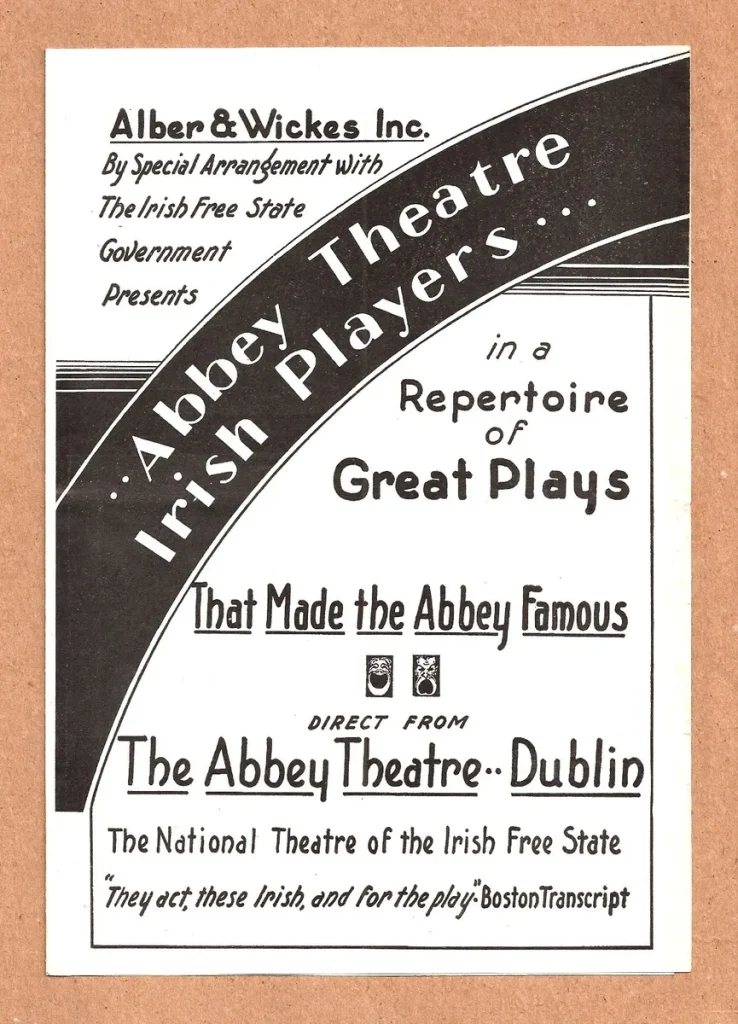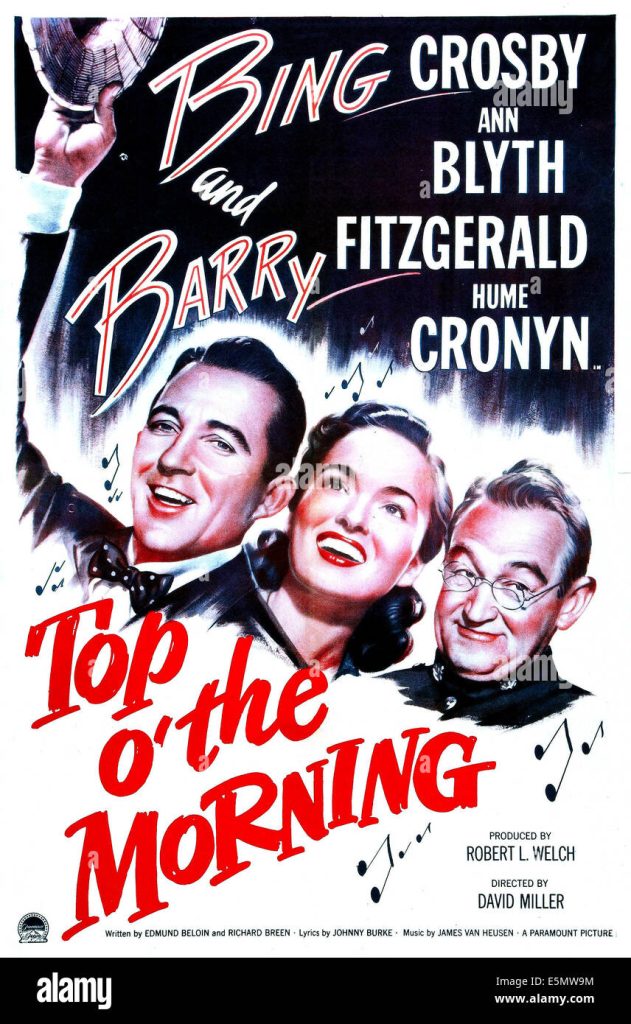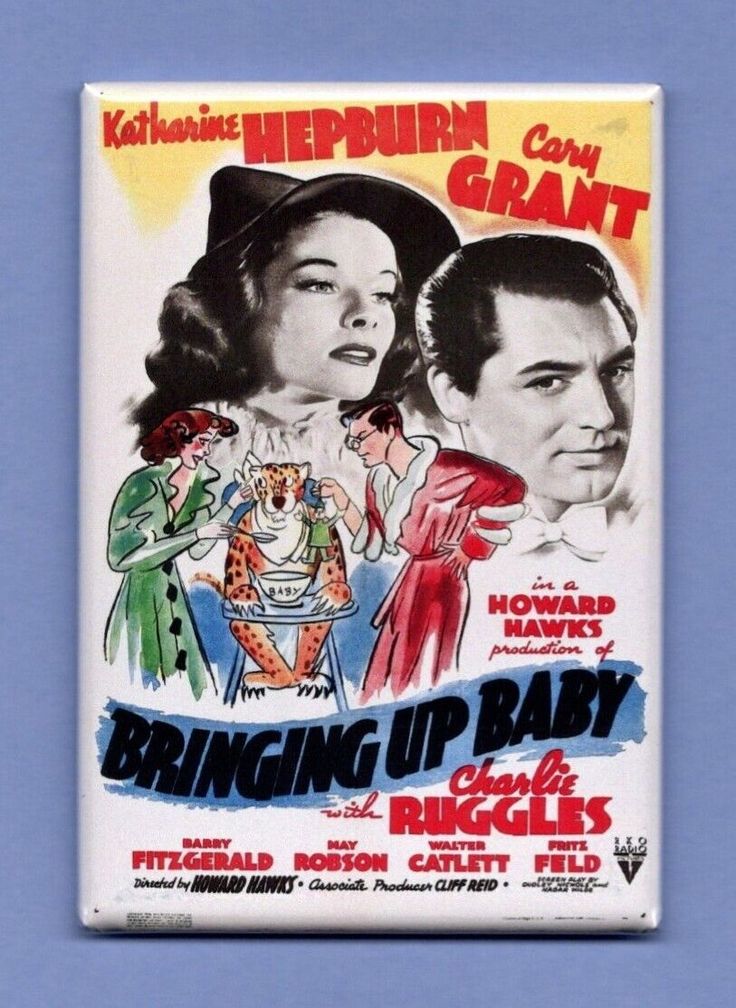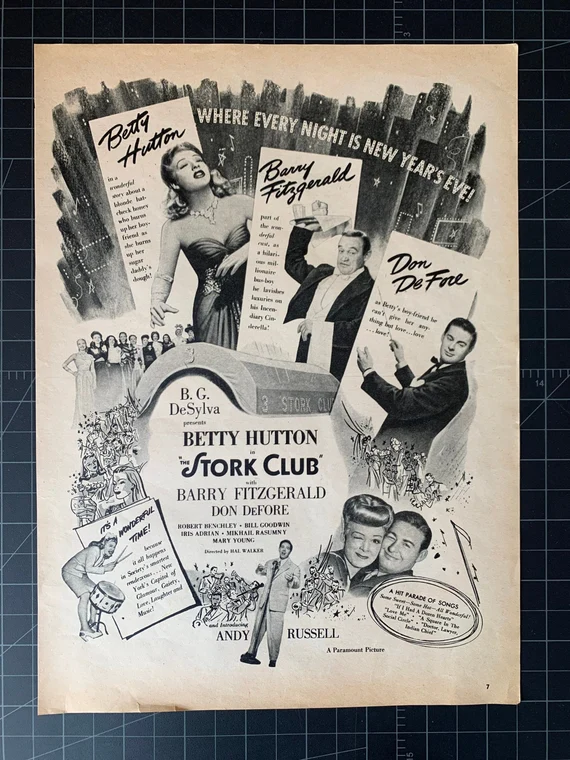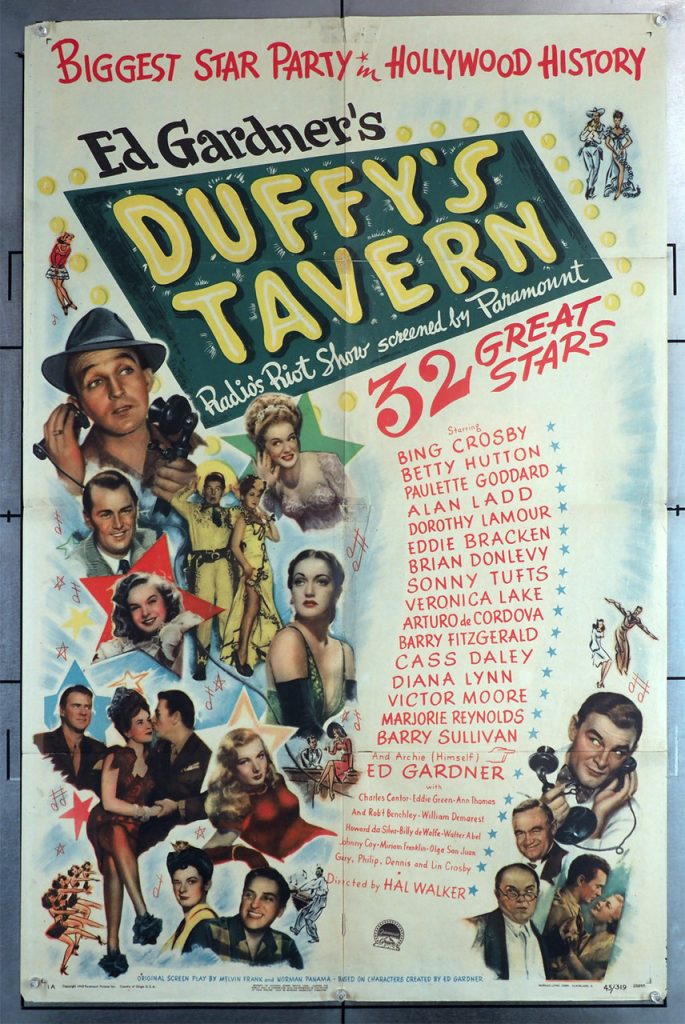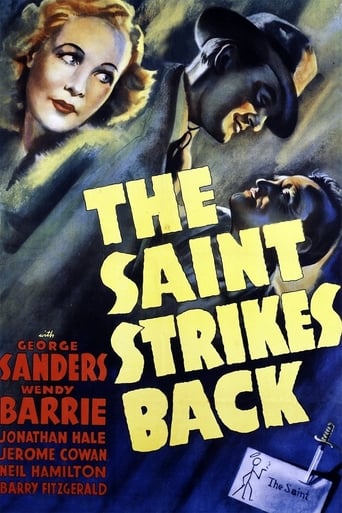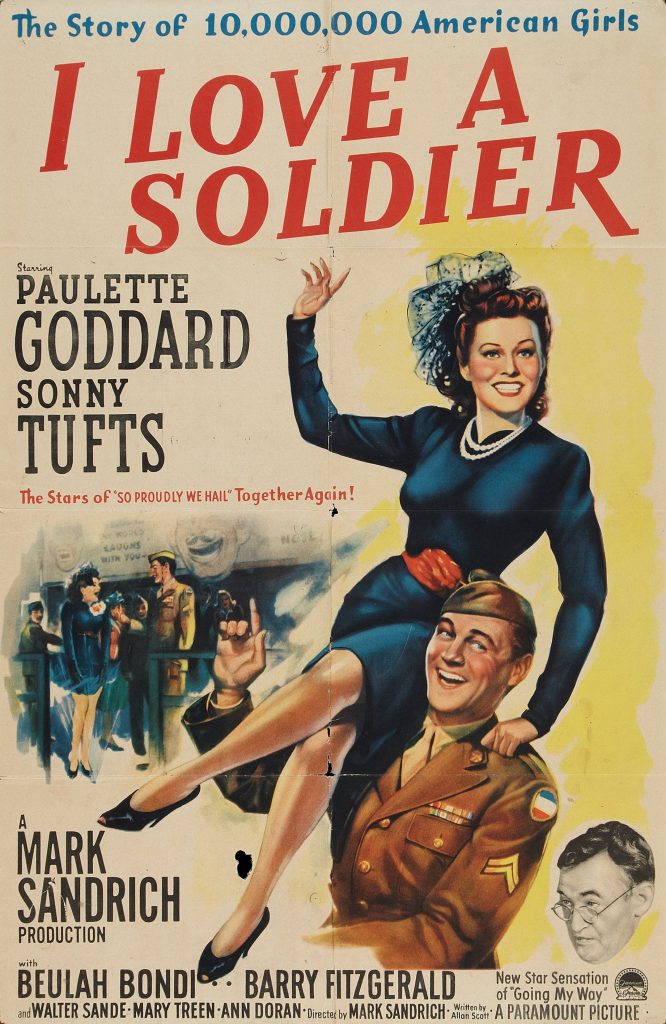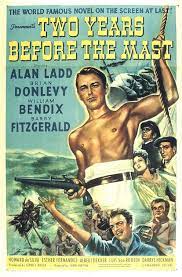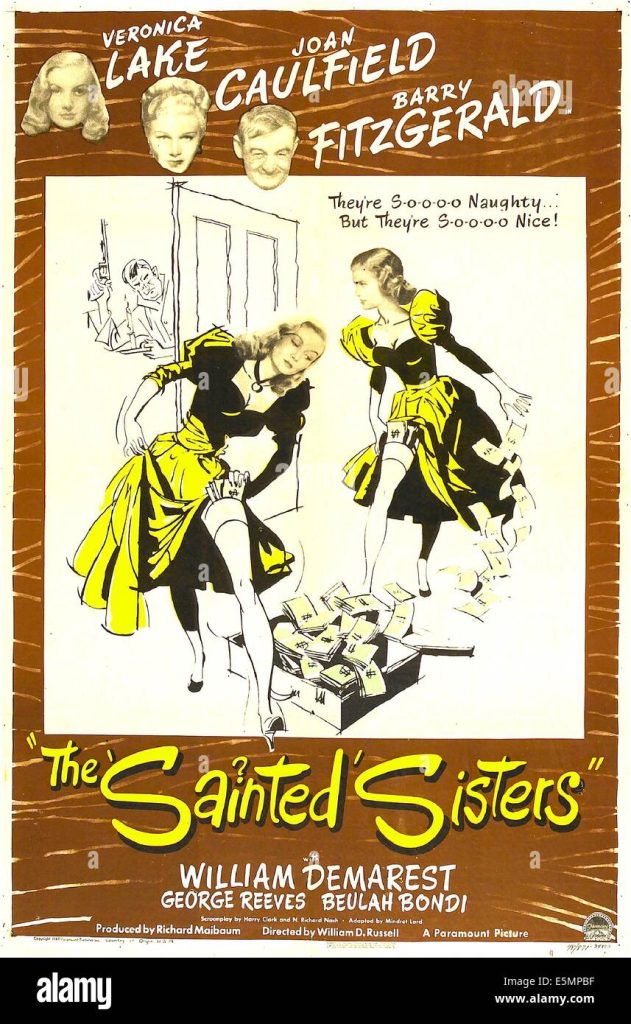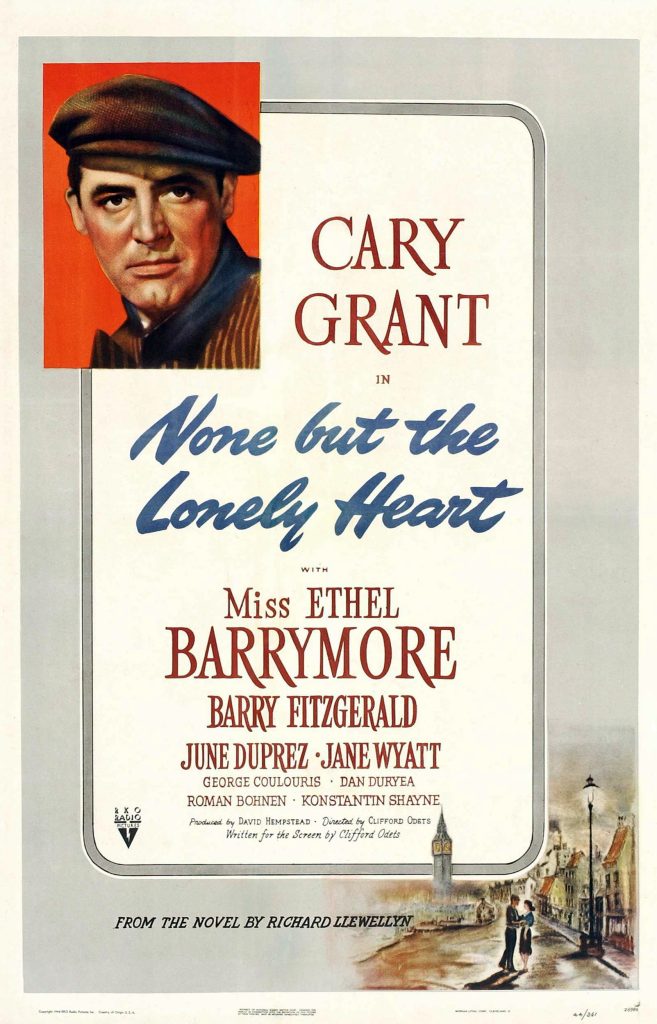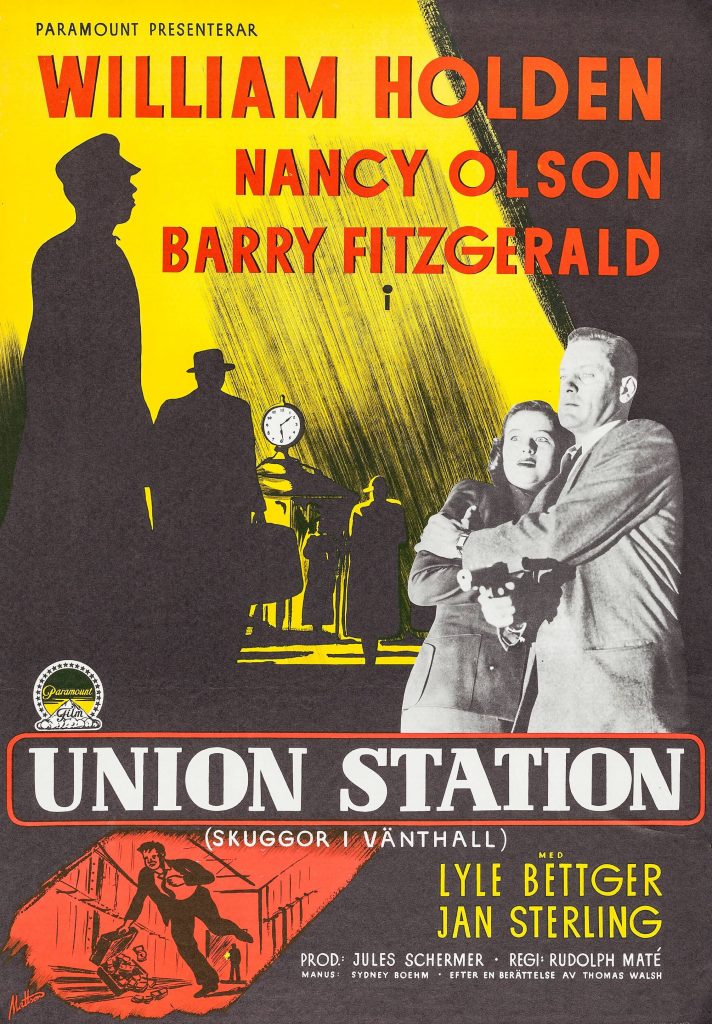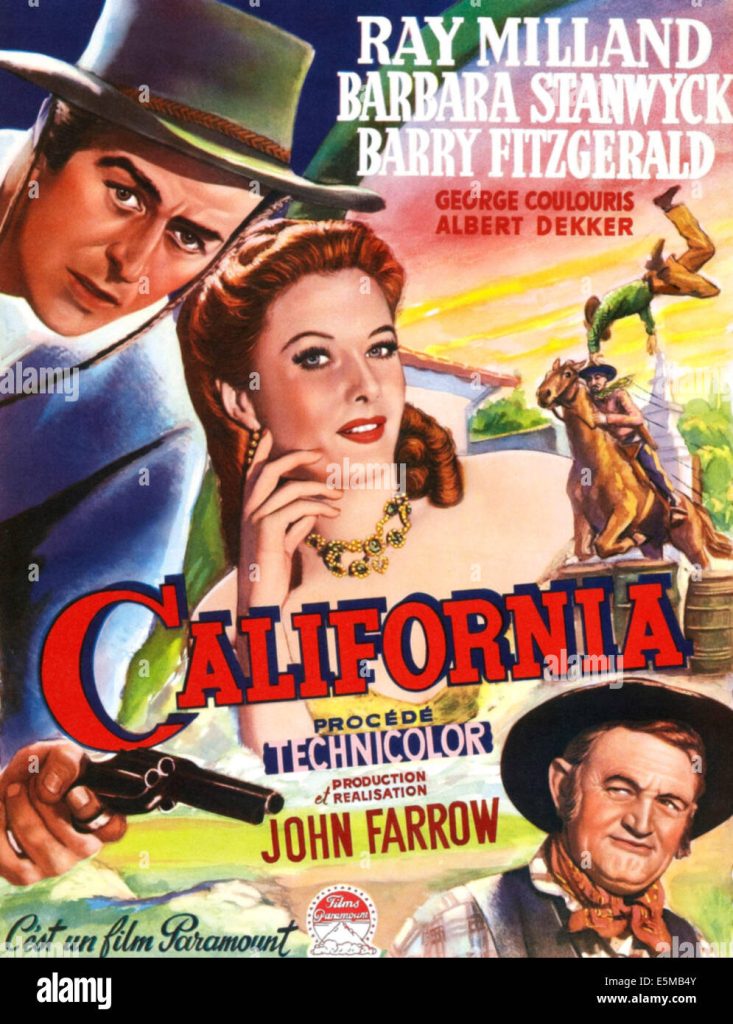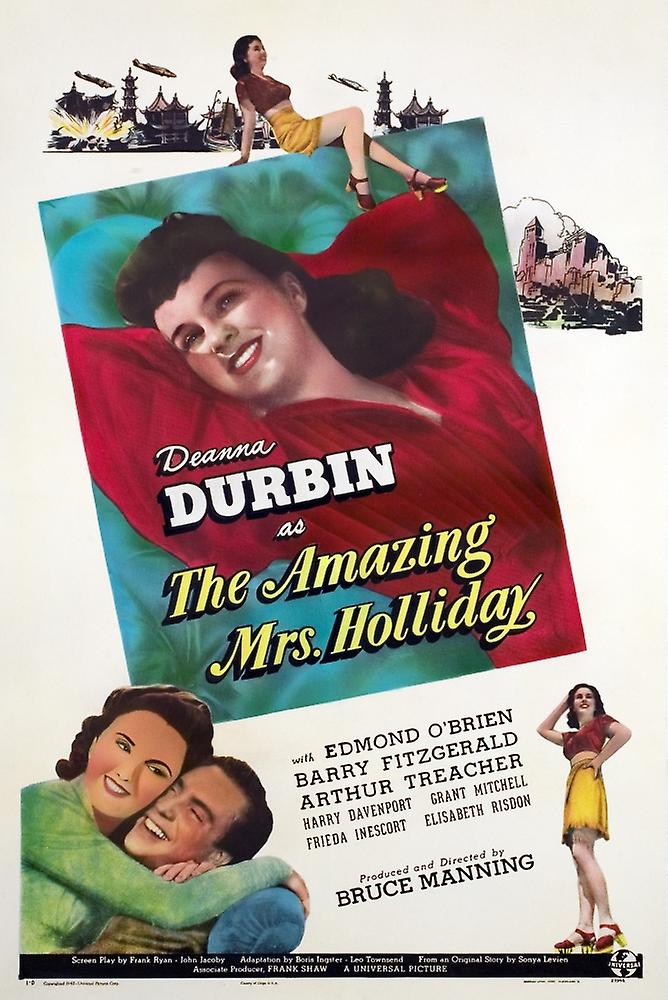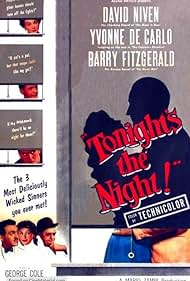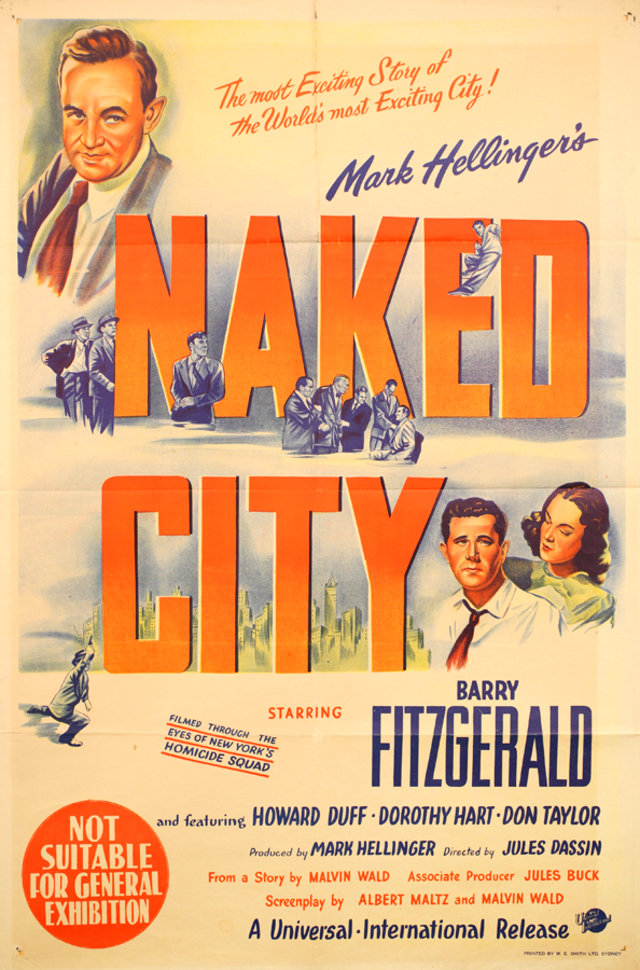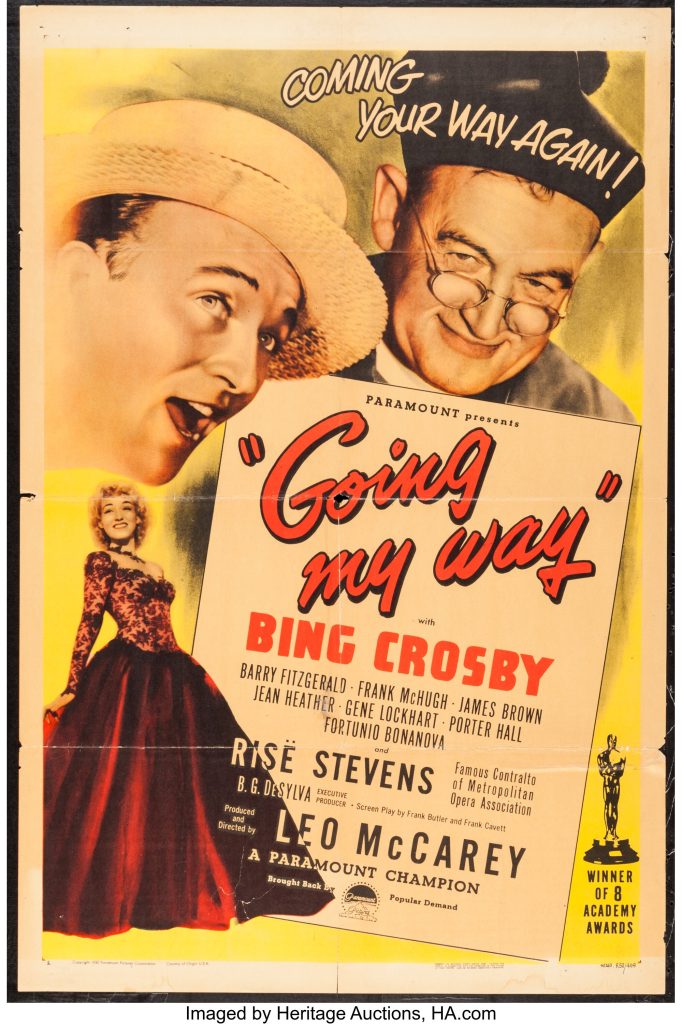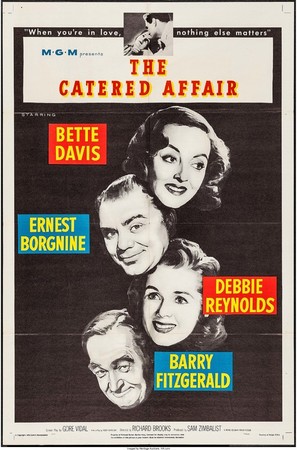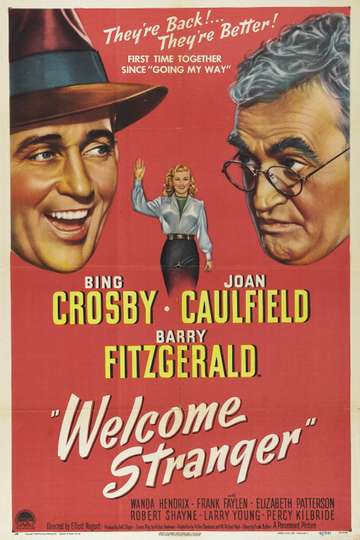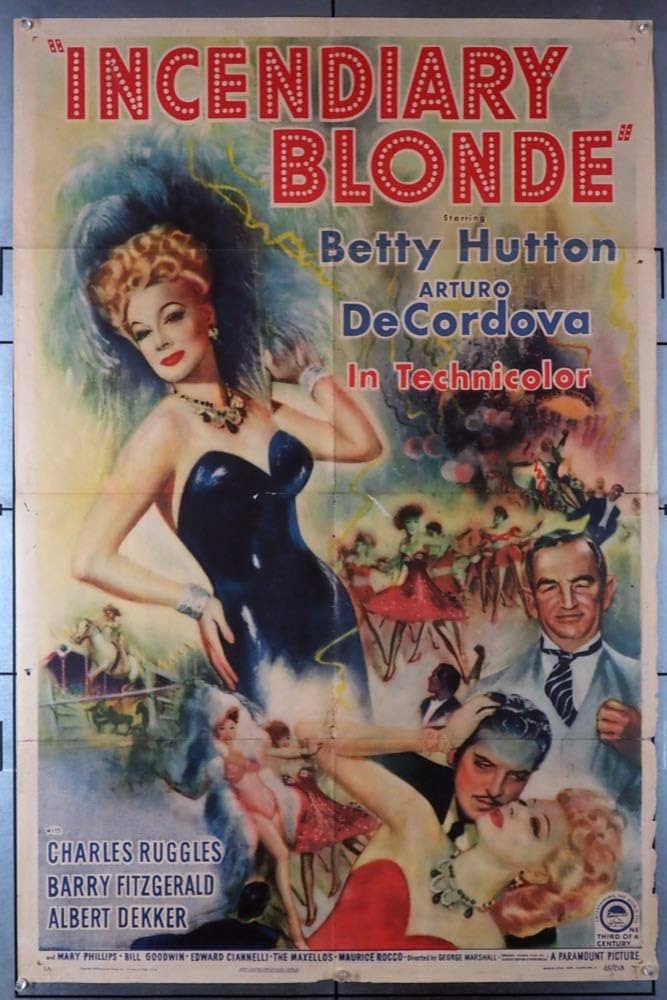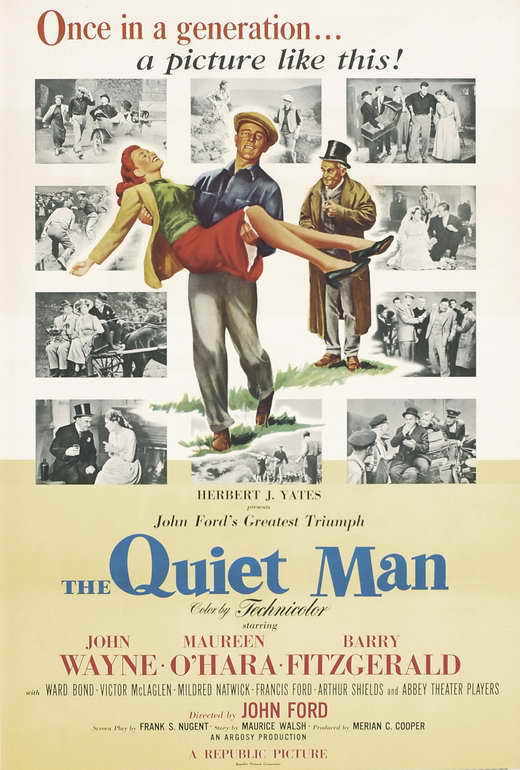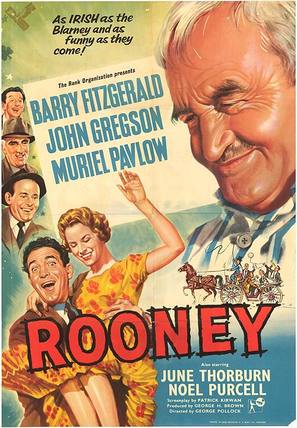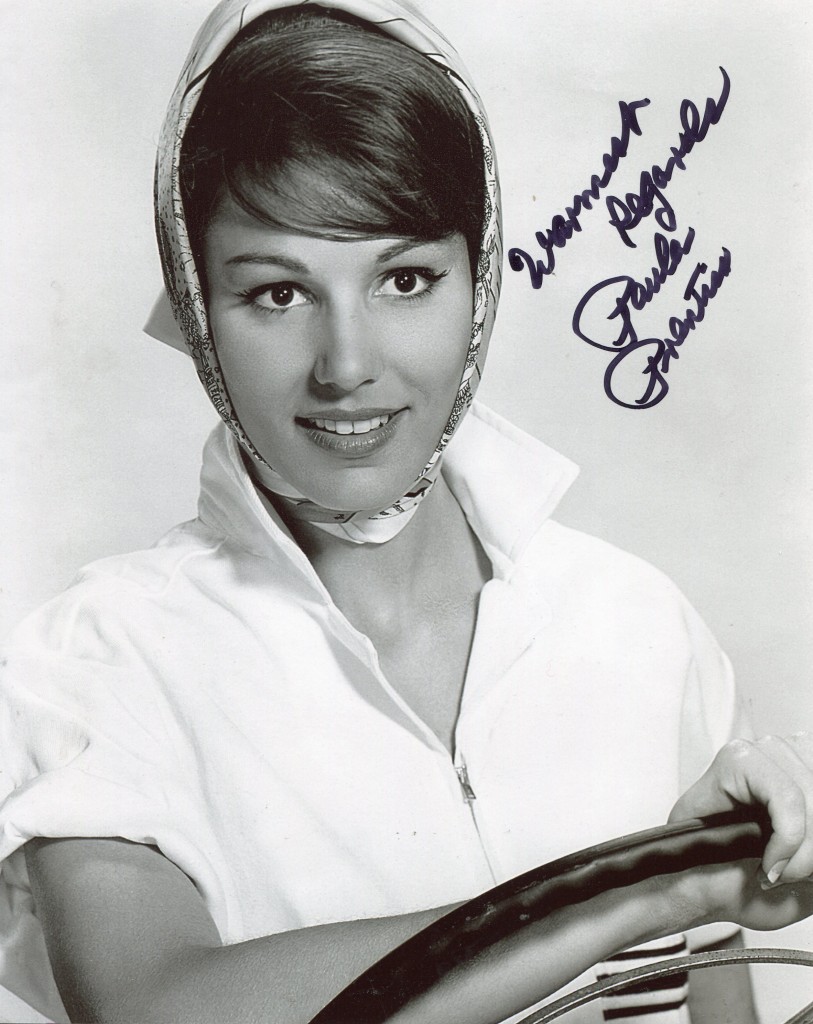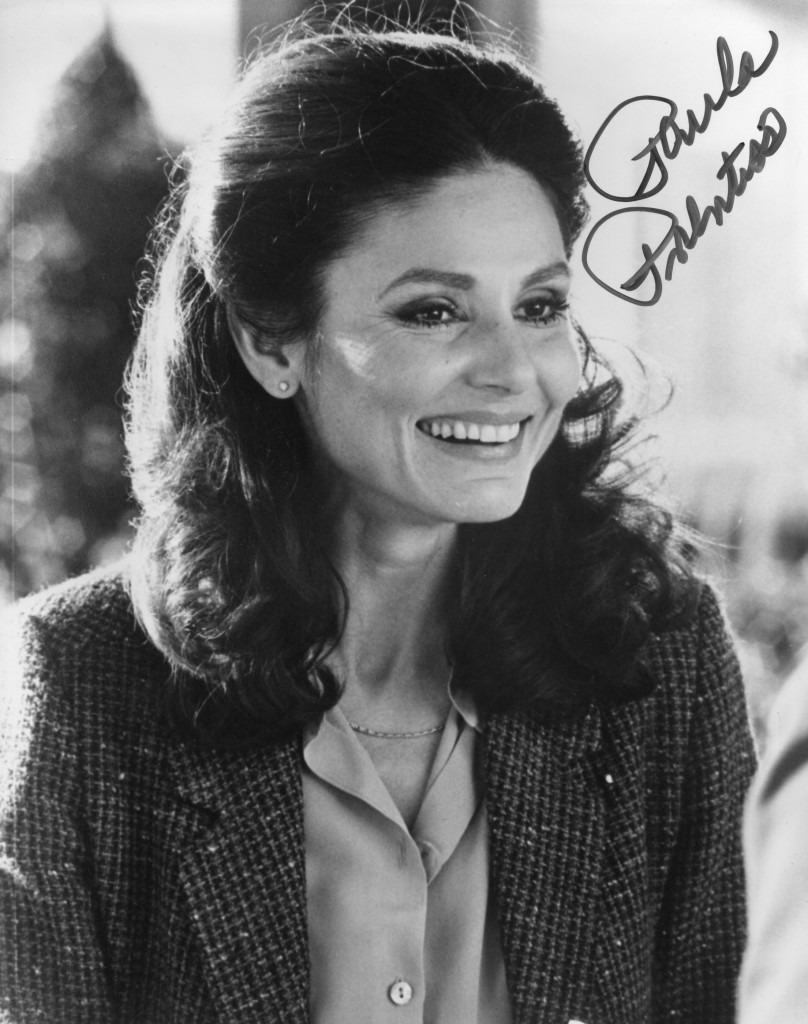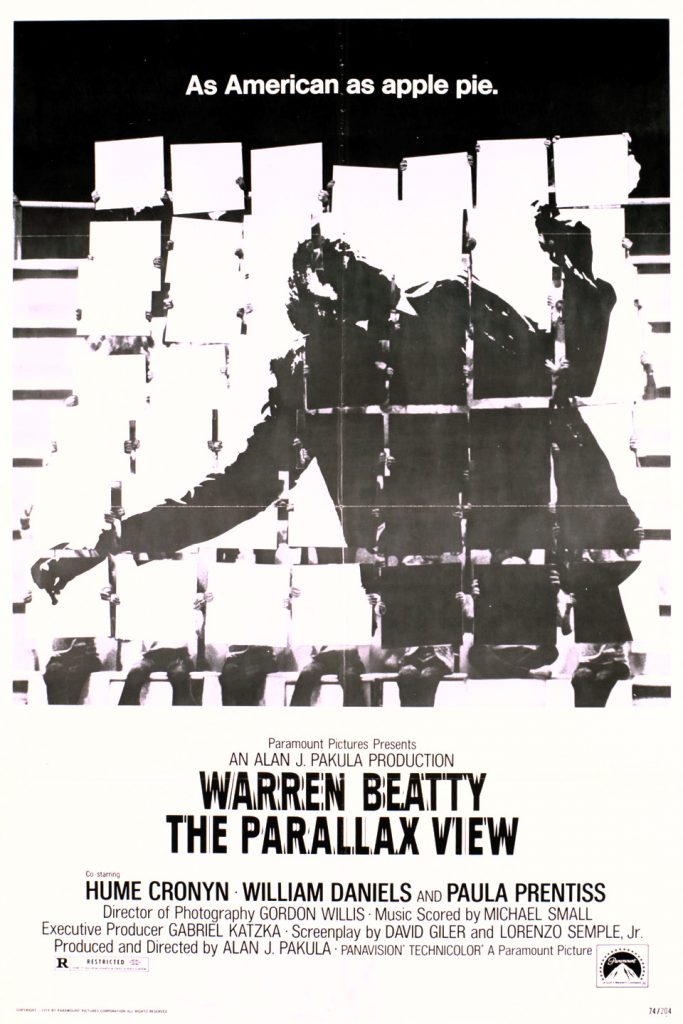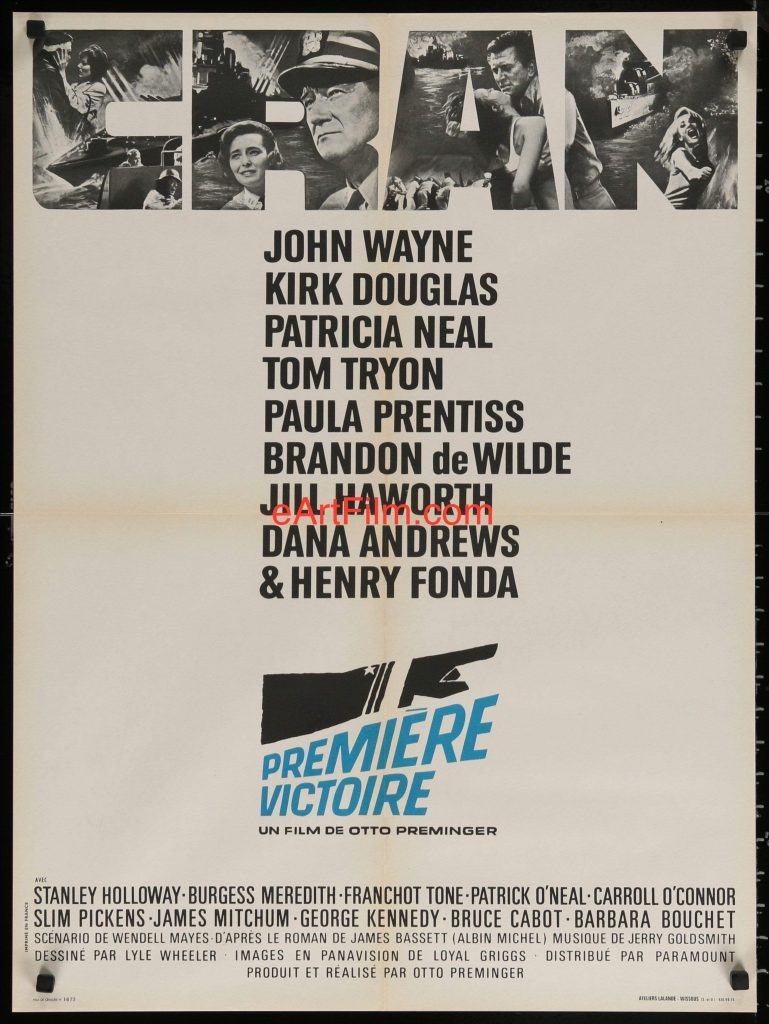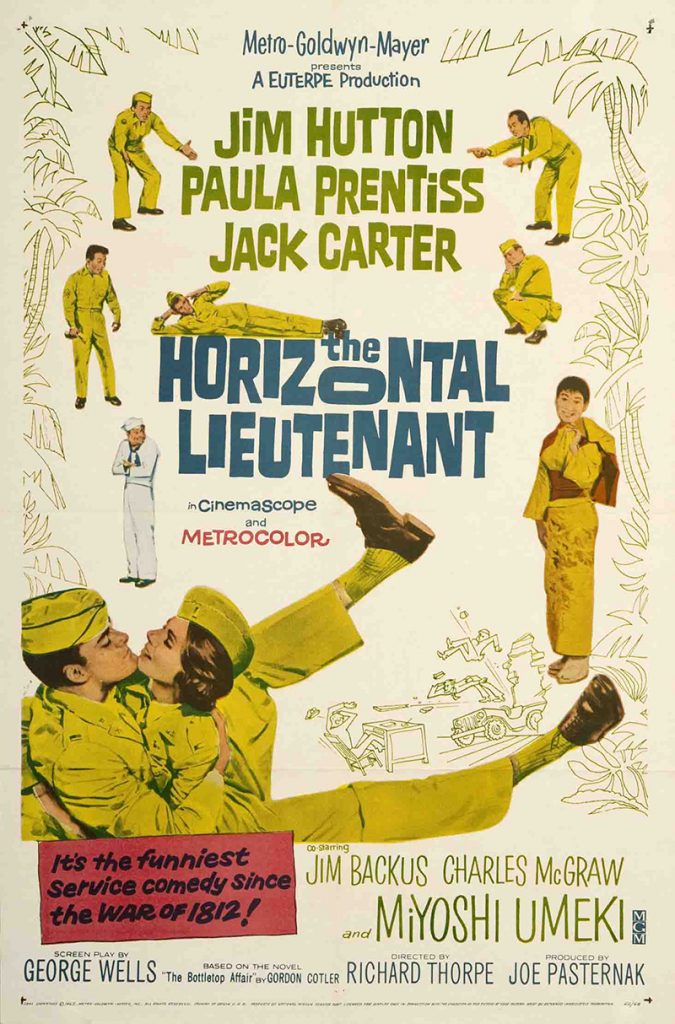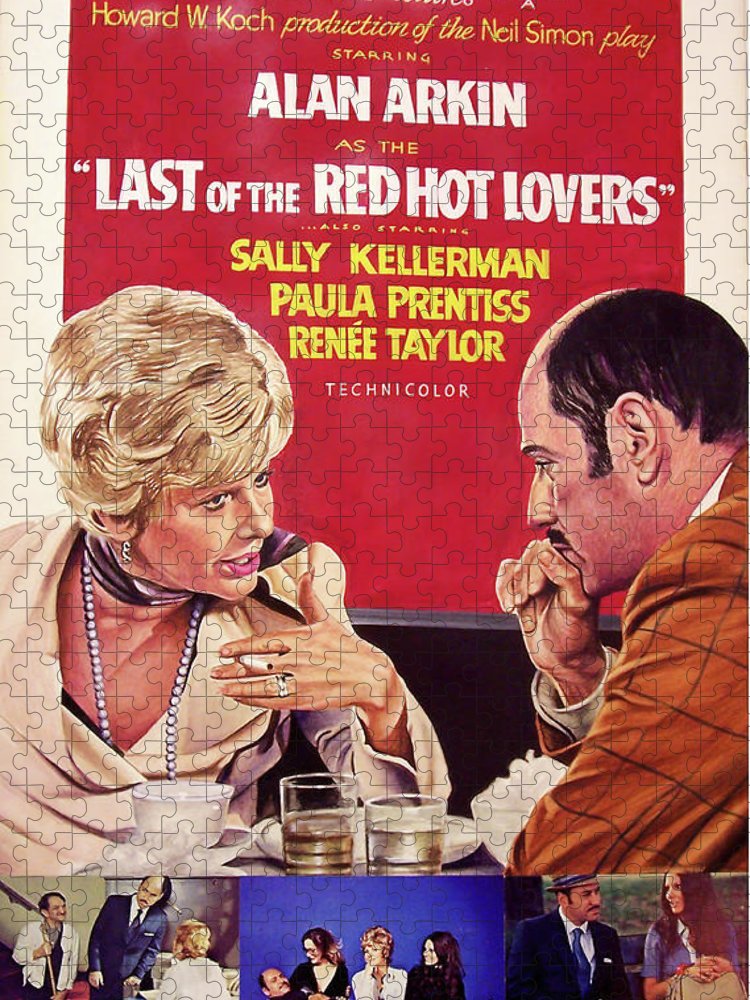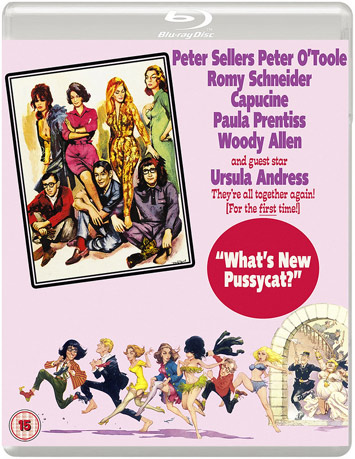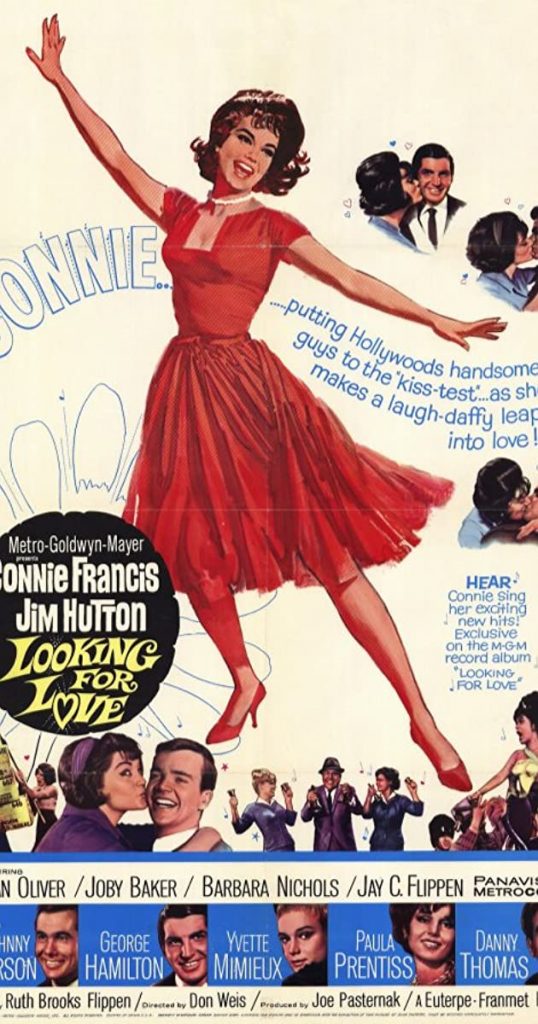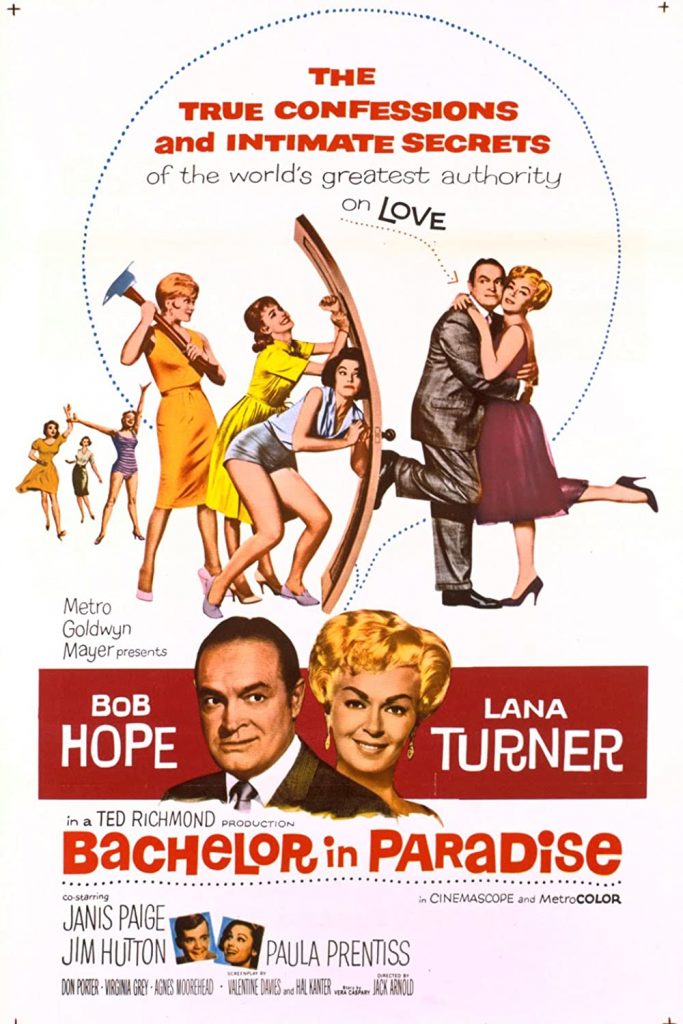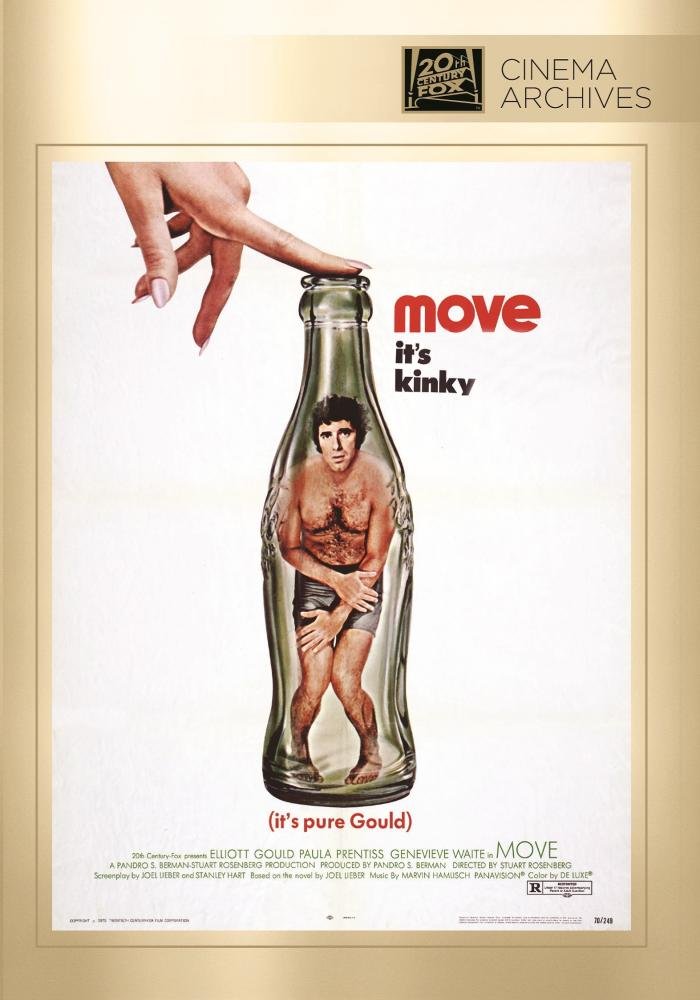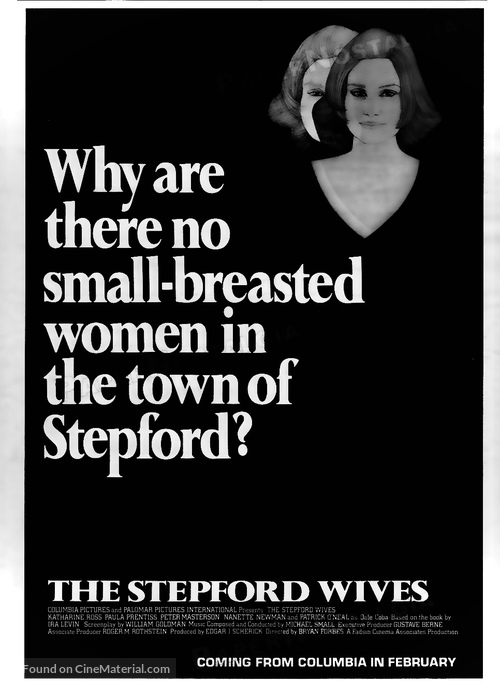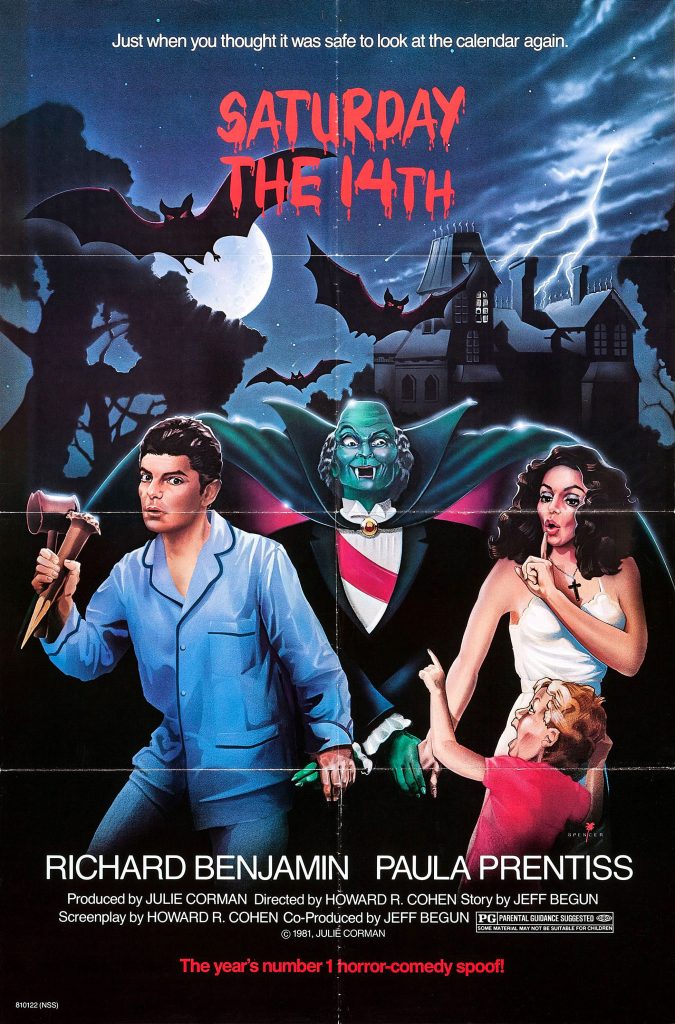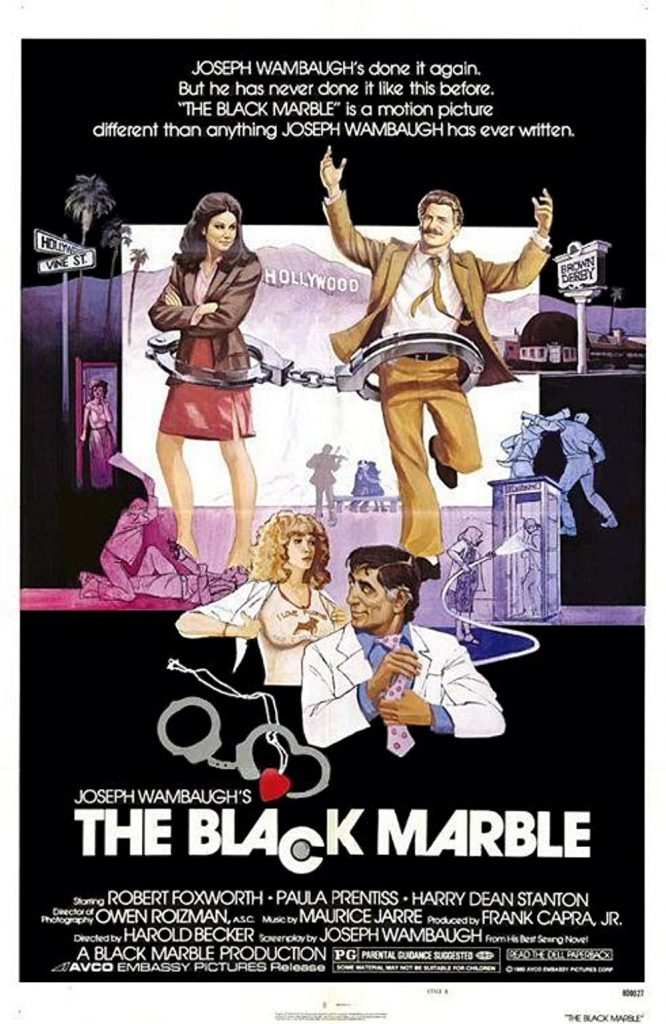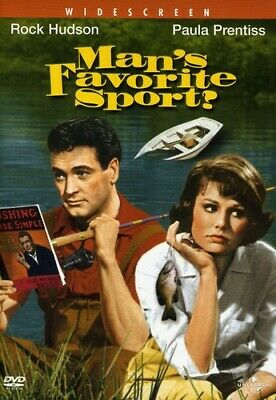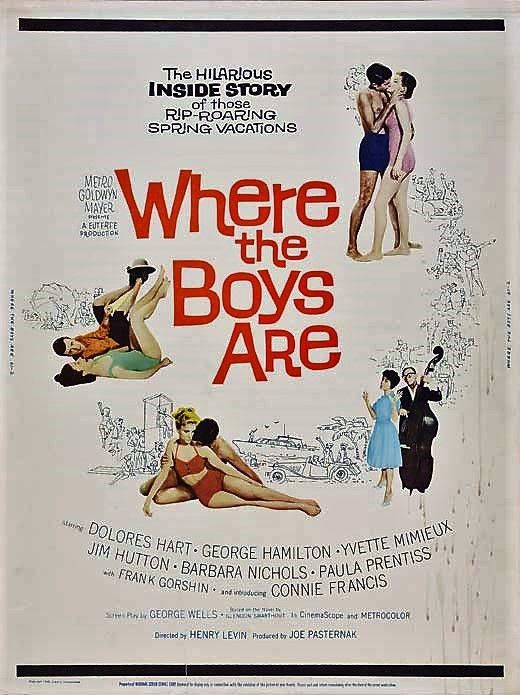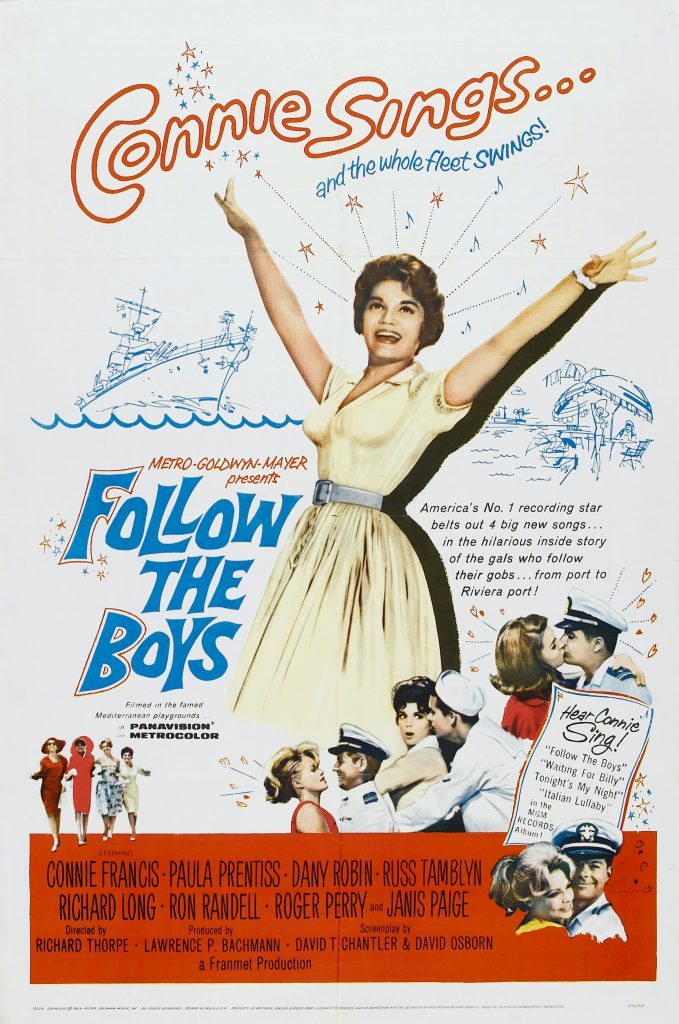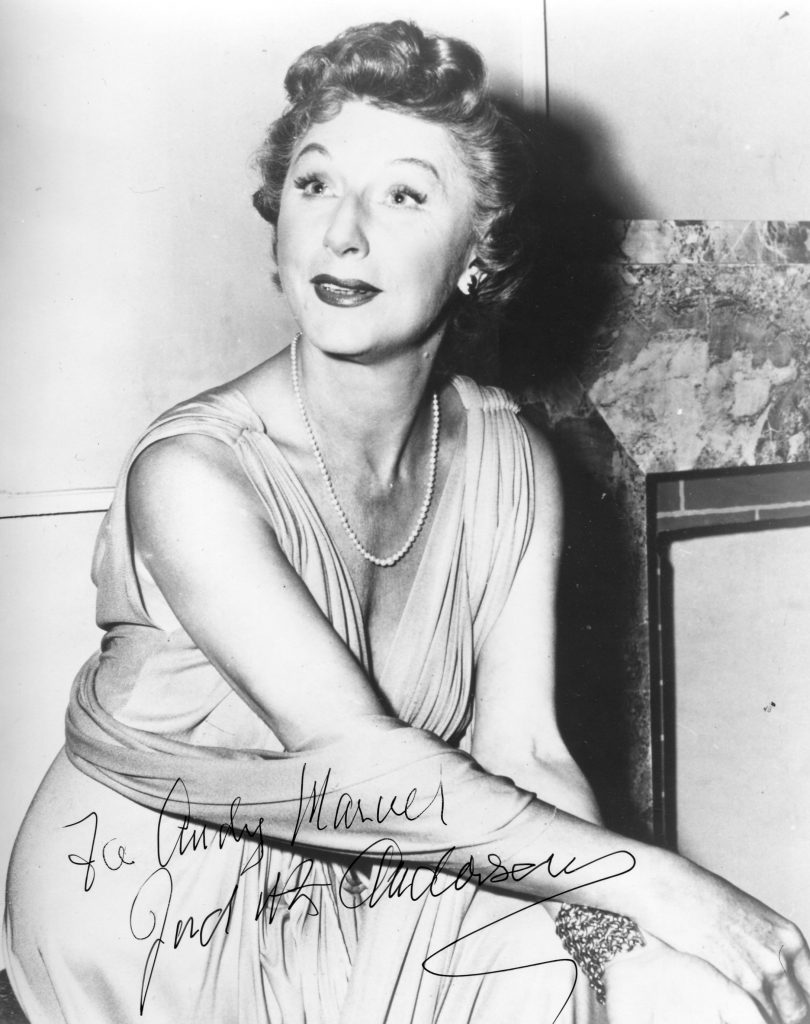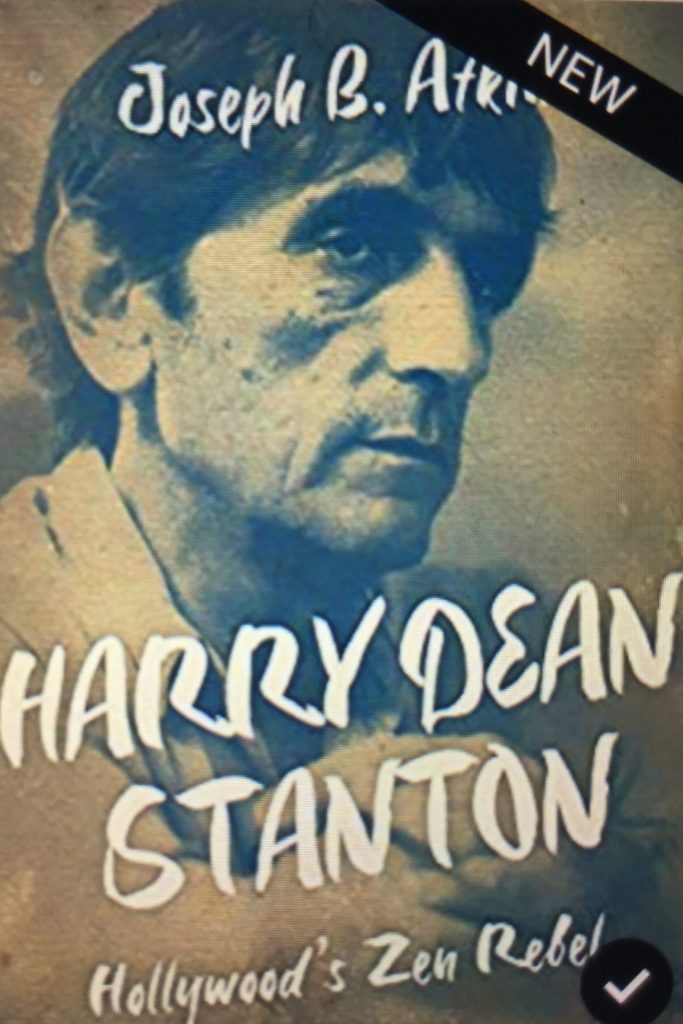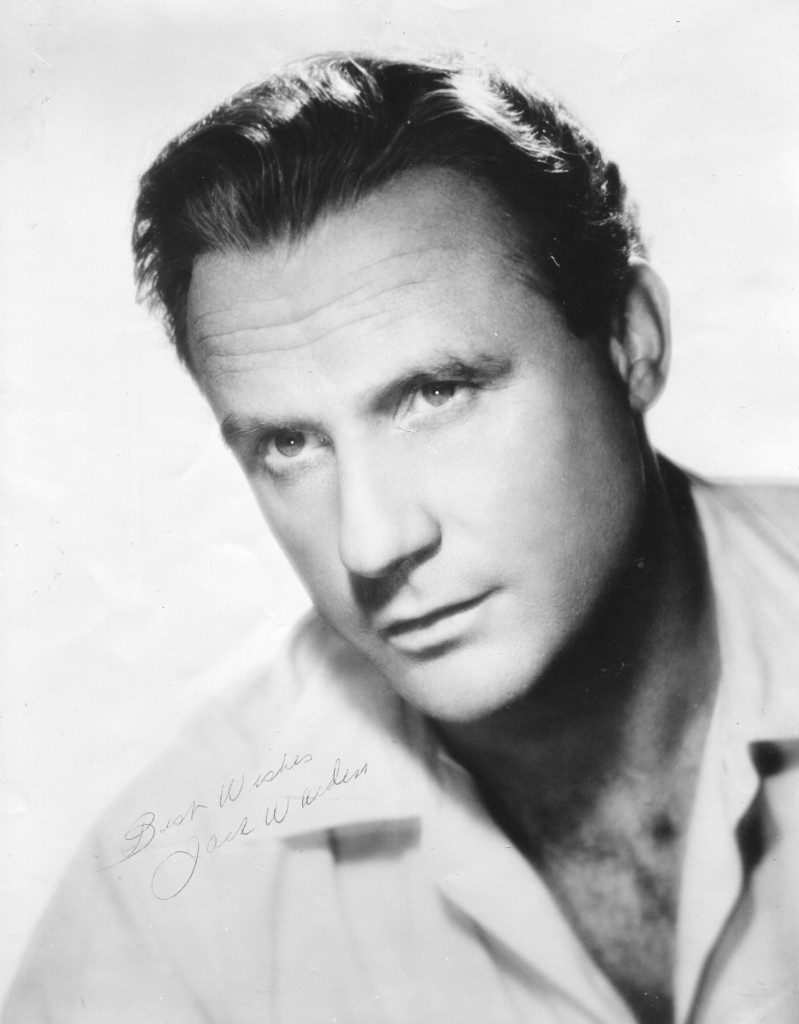
John Rubinstein was born in 1946 in Los Angeles. His father was the famous Polish born concert pianist Arthur Rubinstein. His films include “Red Dragon”, “Someone to Watch Over Me” and “The Boys from Brazil”.
IMDB entry;
John Rubinstein is an actor, director, composer, singer, and teacher. He was born in Los Angeles, California in 1946, the same year his father, the renowned Polish-born concert pianist Arthur Rubinstein, became an American citizen. He is the youngest of four children. His sister Eva danced and acted on Broadway, creating the role of Margo in the original production of “The Diary of Anne Frank”; she later became an internationally known photographer. His brother Paul recently retired from his career as a stockbroker in New York; his sister Alina is a psychiatrist in Manhattan. John attended St. Bernard’s School and Collegiate School in New York City, and then returned to Los Angeles in 1964 to study theater at UCLA. During his college years he began his professional career as an actor, appearing in 1965 with Howard Keel in Lerner and Loewe’s “Camelot” in San Carlos and Anaheim; playing a role in the Civil War film “Journey to Shiloh”; and starting his long list of television appearances in shows such as “The Virginian”, “Dragnet”, and “Room 222”. It was also at UCLA that he began composing and orchestrating music: incidental music for theatrical plays, and a musical, “The Short and Turbulent Reign of Roger Ginzburg”, with book and lyrics by David Colloff, that won the 1967 BMI Varsity Musical Award as Best Musical.
Rubinstein made his Broadway acting debut in 1972, and received a Theater World Award, for creating the title role in the musical “Pippin”, directed by Bob Fosse. In 1980 he won the Tony, Drama Desk, Los Angeles Drama Critics Circle, and Drama-Logue Awards for his portrayal of James Leeds in Mark Medoff’s “Children Of A Lesser God”, directed by Gordon Davidson. Other Broadway appearances were in Neil Simon’s “Fools”, and David Rabe’s “Hurlyburly”, both directed by Mike Nichols; Herman Wouk’s “The Caine Mutiny Court-Martial”, which earned him another Drama Desk nomination; David Henry Hwang’s “M. Butterfly”; “Getting Away With Murder”, by Stephen Sondheim and George Furth, directed by Jack O’Brien, and the musical “Ragtime”, directed by Frank Galati. In 1987 he made his off-Broadway debut at the Roundabout Theater as Guildenstern in Tom Stoppard’s “Rosencrantz and Guildenstern Are Dead”, with Stephen Lang and John Wood, and subsequently performed in “Urban Blight” and “Cabaret Verboten”. In 2005 he received the Lucille Lortel Award for Best Lead Actor in a Play, as well as nominations for both the Outer Critics’ and Drama League Awards, for his portrayal of George Simon in Elmer Rice’s “Counsellor-at-Law”, directed by Dan Wackerman at the Pecadillo Theatre.
His appearances in regional theaters include the musicals “Camelot” (at various times as Tom of Warwick, Mordred, and King Arthur) and “South Pacific”; the role of Billy in David Rabe’s “Streamers”, Ariel in “The Tempest”, Marchbanks in Shaw’s “Candida”, both Sergius and Bluntschli (alternating nights with Richard Thomas) in Shaw’s “Arms And The Man”, several roles in Arnold Weinstein’s “Metamorphoses”, directed by Paul Sills at the Mark Taper Forum in Los Angeles, “Sight Unseen” at L.A.’s Odyssey Theatre, “The Torch-Bearers” and “Our Town” at the Williamstown Theater Festival, Arthur Miller’s “Broken Glass” at Monterey Peninsula College, and Warren Smith in “On A Clear Day You Can See Forever” (in a 160-city National Tour). In 1985 He starred in “Merrily We Roll Along” at the La Jolla Playhouse, in a version newly re-written by Stephen Sondheim and George Furth, directed by James Lapine. He was the original Andrew Ladd III in A.R. Gurney’s “Love Letters” at the Long Wharf Theater in New Haven, opened the play in New York off-Broadway, and later performed it on Broadway, in San Francisco, Boston, Los Angeles and Washington D.C. He created the role of Molina in “Kiss Of The Spider Woman”, the musical by Terrence McNally, John Kander, and Fred Ebb, directed by Harold Prince, and the role of Kenneth Hoyle in Jon Robin Baitz’s “Three Hotels”. In 1997, he played Tateh in the American premiere run of the musical “Ragtime”, by Terrence McNally, Stephen Flaherty, and Lynn Ahrens, directed by Frank Galati, at the Shubert Theater in Los Angeles, receiving both an L. A. Drama Critics Circle nomination and a Drama-Logue Award as Best Actor in a Musical, and continued in the show both in Vancouver and on Broadway. He appeared opposite Donald Sutherland in Eric-Emmanuel Schmitt’s “Enigmatic Variations” at the Royal Alexandra Theatre in Toronto, and at the Savoy Theatre in London’s West End; played the Wizard of Oz in the hit musical “Wicked”, by Winnie Holzman and Stephen Schwartz, directed by Joe Mantello, at the Pantages Theatre in Los Angeles for 18 months; and starred with John Schuck and Ken Page in the world premiere of a musical version of “Grumpy Old Men” in Winnipeg at the Manitoba Theatre Centre.
His 24 feature films include Atlas Shrugged Part II; Hello, I Must Be Going, which opened the 2012 Sundance Festival; 21 Grams; Red Dragon; Mercy; Another Stakeout; Someone To Watch Over Me; Daniel; The Boys From Brazil; Rome and Jewel; Choose Connor; Sublime; Jekyll; Kid Cop; Getting Straight; Zachariah; The Trouble with Girls; Journey To Shiloh; and The Car. He has acted in over 200 television films and series episodes, including Arthur Miller’s “The American Clock” (CableAce Award Nomination), “Mrs. Harris”, “Perfect Murder, Perfect Town”, “Norma And Marilyn”, “The Sleepwalker”, “Working Miracles”, “In My Daughter’s Name”, “Perry Mason”, “Voices Within: The Lives Of Truddi Chase”, “The Two Mrs. Grenvilles”, “Skokie”, “Movieola”, “Roots: The Next Generations”, and “A Howling In The Woods”. He received an Emmy Award nomination for his portrayal of Jeff Maitland III in the ABC series “Family”, a role he played for five years; and he starred for two years with Jack Warden in the CBS series “Crazy Like A Fox”. He has played recurring parts on “The Fosters”, “Perception”, “The Mentalist”, “Desperate Housewives”, “Parenthood”, “No Ordinary Family”, “Greek”, “The Wizards of Waverly Place”, “Dirty Sexy Money”, “Day Break”, “Angel”, “The Guardian”, “The Practice”, “Star Trek: Enterprise”, “Girlfriends”, “Robocop: the Series”, “The Young and the Restless”, and “Barbershop.”
Mr. Rubinstein has composed, orchestrated, and conducted the musical scores for five feature films, including Jeremiah Johnson (directed by Sidney Pollack) and The Candidate, (directed by Michael Ritchie), both starring Robert Redford; Paddy (with Milo O’Shea); The Killer Inside Me (with Stacy Keach); and Kid Blue (with Dennis Hopper); and for over 50 television films, among them the Peabody Award-winning “Amber Waves”, “The Dollmaker” (starring Jane Fonda), “A Walton Wedding”, “The Ordeal Of Patty Hearst”, “Choices Of The Heart”, and “Emily, Emily”, as well as the weekly themes for “Family” and “China Beach”.
He spent six years as host for the radio program “Carnegie Hall Tonight”, broadcast on l80 stations in the United States and Canada, and two years as the keyboard player for the jazz-rock group Funzone. He has recorded over 100 audio books, including 25 of the best-selling Alex Delaware novels by Jonathan Kellerman, the Pulitzer Prize-winning “Independence Day” by Richard Ford, Tom Clancy’s “Debt Of Honor” and “Op Center”, and E. L. Doctorow’s “City of God”, “World’s Fair”, and “All The Time In The World”.
In 1987, Rubinstein made his directorial debut at the Williamstown Theater Festival, staging Aphra Behn’s “The Rover”, with Christopher Reeve and Kate Burton; the following season he directed the first American-cast production of Christopher Hampton’s “Les Liaisons Dangereuses”, with Dwight Schultz and Dianne Wiest. Off-Broadway, he directed the New York premieres of “Phantasie”, by Sybille Pearson, and “Nightingale”, by Elizabeth Diggs; and the world premiere of A. R. Gurney’s “The Old Boy”, with Stephen Collins. At the Cape Playhouse in Massachusetts, he staged “Wait Until Dark”, with Hayley Mills and William Atherton. For NYU, he directed productions of “The Three Sisters” and “Macbeth”; for UCLA, “Company”; and for USC, “Brigadoon”, “Into The Woods”, “On The Town”, “City of Angels”, and “The Most Happy Fella”. In Los Angeles, at Interact Theatre Company, of which he has been a member since 1992, he co-directed and starred in the revival of Elmer Rice’s Counsellor-At-Law, winning Drama-Logue Awards and L.A. Drama Critics Circle Awards in both categories, as well as Ovation Awards for Ensemble Acting and Sound Design; the production itself won 22 awards; he also directed and acted in Sondheim and Lapine’s “Into The Woods” and “A Little Night Music”, and Meredith Willson’s “The Music Man”, and also directed Sheridan’s “The Rivals” and Frank Loesser’s “Guys and Dolls”. For television, he directed the CBS Schoolbreak Special “A Matter Of Conscience”, which won the Emmy Award for Best Children’s Special in 1990, an episode of the CBS series “Nash Bridges”, the ABC AfterSchool Special miniseries “Summer Stories”, and three episodes of the TV series “High Tide”.
In 2011, Rubinstein provided commentary for the online web-casting of the XIVth International Tchaikovsky Competition, a classical music competition held in Moscow. He teaches courses in musical theater audition and acting for the camera, and directs the annual spring musical, at the University of Southern California.
His most rewarding experience has been participating in the lives of his five children: Jessica, Michael, Peter, Jacob, and Max.
– IMDb Mini Biography By: John Rubinstein
The above IMDB entry;
John Rubinstein is an actor, director, composer, singer, and teacher. He was born in Los Angeles, California in 1946, the same year his father, the renowned Polish-born concert pianist Arthur Rubinstein, became an American citizen. He is the youngest of four children. His sister Eva danced and acted on Broadway, creating the role of Margo in the original production of “The Diary of Anne Frank”; she later became an internationally known photographer. His brother Paul recently retired from his career as a stockbroker in New York; his sister Alina is a psychiatrist in Manhattan. John attended St. Bernard’s School and Collegiate School in New York City, and then returned to Los Angeles in 1964 to study theater at UCLA. During his college years he began his professional career as an actor, appearing in 1965 with Howard Keel in Lerner and Loewe’s “Camelot” in San Carlos and Anaheim; playing a role in the Civil War film “Journey to Shiloh”; and starting his long list of television appearances in shows such as “The Virginian”, “Dragnet”, and “Room 222”. It was also at UCLA that he began composing and orchestrating music: incidental music for theatrical plays, and a musical, “The Short and Turbulent Reign of Roger Ginzburg”, with book and lyrics by David Colloff, that won the 1967 BMI Varsity Musical Award as Best Musical.
Rubinstein made his Broadway acting debut in 1972, and received a Theater World Award, for creating the title role in the musical “Pippin”, directed by Bob Fosse. In 1980 he won the Tony, Drama Desk, Los Angeles Drama Critics Circle, and Drama-Logue Awards for his portrayal of James Leeds in Mark Medoff’s “Children Of A Lesser God”, directed by Gordon Davidson. Other Broadway appearances were in Neil Simon’s “Fools”, and David Rabe’s “Hurlyburly”, both directed by Mike Nichols; Herman Wouk’s “The Caine Mutiny Court-Martial”, which earned him another Drama Desk nomination; David Henry Hwang’s “M. Butterfly”; “Getting Away With Murder”, by Stephen Sondheim and George Furth, directed by Jack O’Brien, and the musical “Ragtime”, directed by Frank Galati. In 1987 he made his off-Broadway debut at the Roundabout Theater as Guildenstern in Tom Stoppard’s “Rosencrantz and Guildenstern Are Dead”, with Stephen Lang and John Wood, and subsequently performed in “Urban Blight” and “Cabaret Verboten”. In 2005 he received the Lucille Lortel Award for Best Lead Actor in a Play, as well as nominations for both the Outer Critics’ and Drama League Awards, for his portrayal of George Simon in Elmer Rice’s “Counsellor-at-Law”, directed by Dan Wackerman at the Pecadillo Theatre.
His appearances in regional theaters include the musicals “Camelot” (at various times as Tom of Warwick, Mordred, and King Arthur) and “South Pacific”; the role of Billy in David Rabe’s “Streamers”, Ariel in “The Tempest”, Marchbanks in Shaw’s “Candida”, both Sergius and Bluntschli (alternating nights with Richard Thomas) in Shaw’s “Arms And The Man”, several roles in Arnold Weinstein’s “Metamorphoses”, directed by Paul Sills at the Mark Taper Forum in Los Angeles, “Sight Unseen” at L.A.’s Odyssey Theatre, “The Torch-Bearers” and “Our Town” at the Williamstown Theater Festival, Arthur Miller’s “Broken Glass” at Monterey Peninsula College, and Warren Smith in “On A Clear Day You Can See Forever” (in a 160-city National Tour). In 1985 He starred in “Merrily We Roll Along” at the La Jolla Playhouse, in a version newly re-written by Stephen Sondheim and George Furth, directed by James Lapine. He was the original Andrew Ladd III in A.R. Gurney’s “Love Letters” at the Long Wharf Theater in New Haven, opened the play in New York off-Broadway, and later performed it on Broadway, in San Francisco, Boston, Los Angeles and Washington D.C. He created the role of Molina in “Kiss Of The Spider Woman”, the musical by Terrence McNally, John Kander, and Fred Ebb, directed by Harold Prince, and the role of Kenneth Hoyle in Jon Robin Baitz’s “Three Hotels”. In 1997, he played Tateh in the American premiere run of the musical “Ragtime”, by Terrence McNally, Stephen Flaherty, and Lynn Ahrens, directed by Frank Galati, at the Shubert Theater in Los Angeles, receiving both an L. A. Drama Critics Circle nomination and a Drama-Logue Award as Best Actor in a Musical, and continued in the show both in Vancouver and on Broadway. He appeared opposite Donald Sutherland in Eric-Emmanuel Schmitt’s “Enigmatic Variations” at the Royal Alexandra Theatre in Toronto, and at the Savoy Theatre in London’s West End; played the Wizard of Oz in the hit musical “Wicked”, by Winnie Holzman and Stephen Schwartz, directed by Joe Mantello, at the Pantages Theatre in Los Angeles for 18 months; and starred with John Schuck and Ken Page in the world premiere of a musical version of “Grumpy Old Men” in Winnipeg at the Manitoba Theatre Centre.
His 24 feature films include Atlas Shrugged Part II; Hello, I Must Be Going, which opened the 2012 Sundance Festival; 21 Grams; Red Dragon; Mercy; Another Stakeout; Someone To Watch Over Me; Daniel; The Boys From Brazil; Rome and Jewel; Choose Connor; Sublime; Jekyll; Kid Cop; Getting Straight; Zachariah; The Trouble with Girls; Journey To Shiloh; and The Car. He has acted in over 200 television films and series episodes, including Arthur Miller’s “The American Clock” (CableAce Award Nomination), “Mrs. Harris”, “Perfect Murder, Perfect Town”, “Norma And Marilyn”, “The Sleepwalker”, “Working Miracles”, “In My Daughter’s Name”, “Perry Mason”, “Voices Within: The Lives Of Truddi Chase”, “The Two Mrs. Grenvilles”, “Skokie”, “Movieola”, “Roots: The Next Generations”, and “A Howling In The Woods”. He received an Emmy Award nomination for his portrayal of Jeff Maitland III in the ABC series “Family”, a role he played for five years; and he starred for two years with Jack Warden in the CBS series “Crazy Like A Fox”. He has played recurring parts on “The Fosters”, “Perception”, “The Mentalist”, “Desperate Housewives”, “Parenthood”, “No Ordinary Family”, “Greek”, “The Wizards of Waverly Place”, “Dirty Sexy Money”, “Day Break”, “Angel”, “The Guardian”, “The Practice”, “Star Trek: Enterprise”, “Girlfriends”, “Robocop: the Series”, “The Young and the Restless”, and “Barbershop.”
Mr. Rubinstein has composed, orchestrated, and conducted the musical scores for five feature films, including Jeremiah Johnson (directed by Sidney Pollack) and The Candidate, (directed by Michael Ritchie), both starring Robert Redford; Paddy (with Milo O’Shea); The Killer Inside Me (with Stacy Keach); and Kid Blue (with Dennis Hopper); and for over 50 television films, among them the Peabody Award-winning “Amber Waves”, “The Dollmaker” (starring Jane Fonda), “A Walton Wedding”, “The Ordeal Of Patty Hearst”, “Choices Of The Heart”, and “Emily, Emily”, as well as the weekly themes for “Family” and “China Beach”.
He spent six years as host for the radio program “Carnegie Hall Tonight”, broadcast on l80 stations in the United States and Canada, and two years as the keyboard player for the jazz-rock group Funzone. He has recorded over 100 audio books, including 25 of the best-selling Alex Delaware novels by Jonathan Kellerman, the Pulitzer Prize-winning “Independence Day” by Richard Ford, Tom Clancy’s “Debt Of Honor” and “Op Center”, and E. L. Doctorow’s “City of God”, “World’s Fair”, and “All The Time In The World”.
In 1987, Rubinstein made his directorial debut at the Williamstown Theater Festival, staging Aphra Behn’s “The Rover”, with Christopher Reeve and Kate Burton; the following season he directed the first American-cast production of Christopher Hampton’s “Les Liaisons Dangereuses”, with Dwight Schultz and Dianne Wiest. Off-Broadway, he directed the New York premieres of “Phantasie”, by Sybille Pearson, and “Nightingale”, by Elizabeth Diggs; and the world premiere of A. R. Gurney’s “The Old Boy”, with Stephen Collins. At the Cape Playhouse in Massachusetts, he staged “Wait Until Dark”, with Hayley Mills and William Atherton. For NYU, he directed productions of “The Three Sisters” and “Macbeth”; for UCLA, “Company”; and for USC, “Brigadoon”, “Into The Woods”, “On The Town”, “City of Angels”, and “The Most Happy Fella”. In Los Angeles, at Interact Theatre Company, of which he has been a member since 1992, he co-directed and starred in the revival of Elmer Rice’s Counsellor-At-Law, winning Drama-Logue Awards and L.A. Drama Critics Circle Awards in both categories, as well as Ovation Awards for Ensemble Acting and Sound Design; the production itself won 22 awards; he also directed and acted in Sondheim and Lapine’s “Into The Woods” and “A Little Night Music”, and Meredith Willson’s “The Music Man”, and also directed Sheridan’s “The Rivals” and Frank Loesser’s “Guys and Dolls”. For television, he directed the CBS Schoolbreak Special “A Matter Of Conscience”, which won the Emmy Award for Best Children’s Special in 1990, an episode of the CBS series “Nash Bridges”, the ABC AfterSchool Special miniseries “Summer Stories”, and three episodes of the TV series “High Tide”.
In 2011, Rubinstein provided commentary for the online web-casting of the XIVth International Tchaikovsky Competition, a classical music competition held in Moscow. He teaches courses in musical theater audition and acting for the camera, and directs the annual spring musical, at the University of Southern California.
His most rewarding experience has been participating in the lives of his five children: Jessica, Michael, Peter, Jacob, and Max.
– IMDb Mini Biography By: John Rubinstein
The above imdb entry can be accessed online here.


